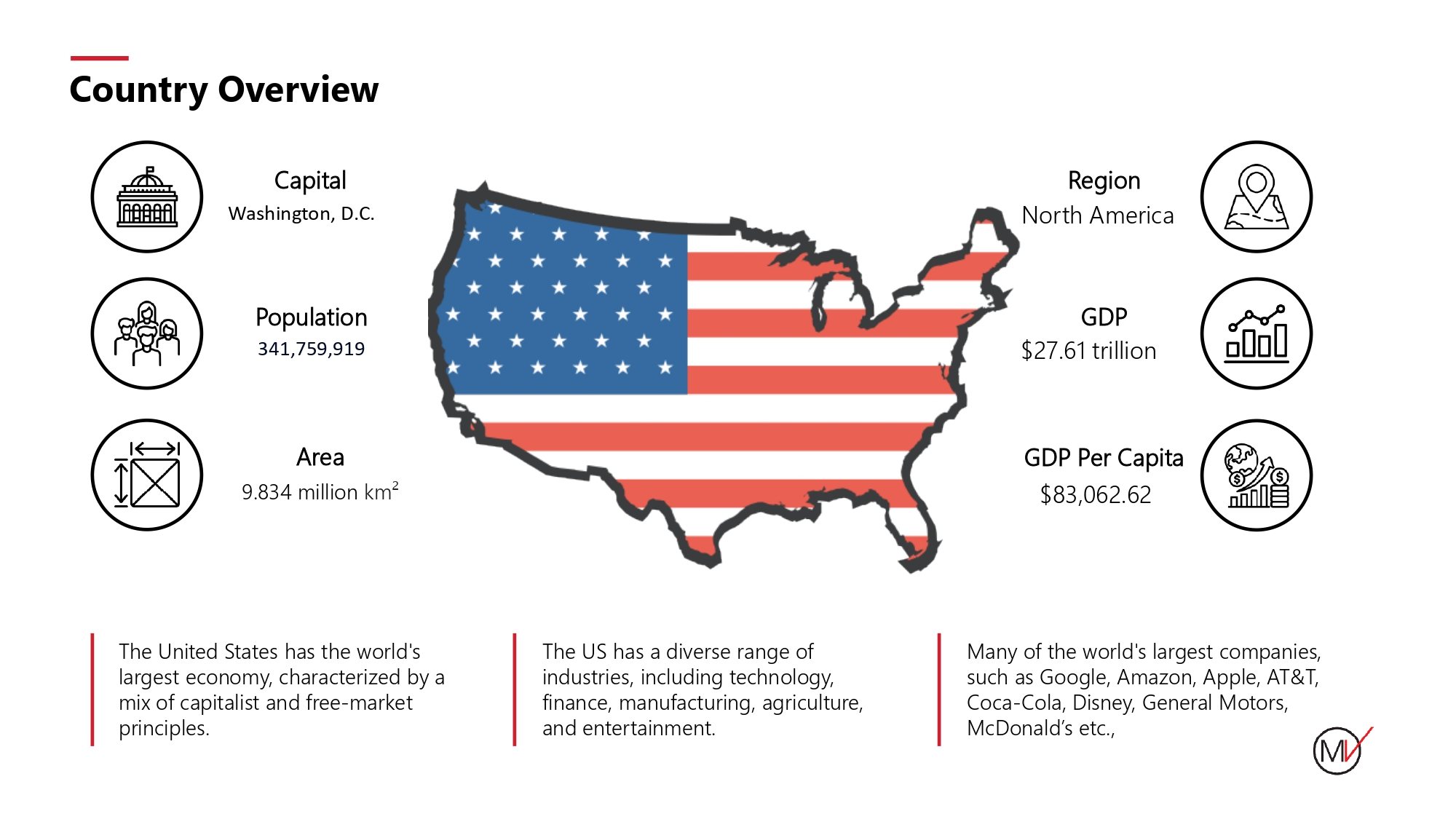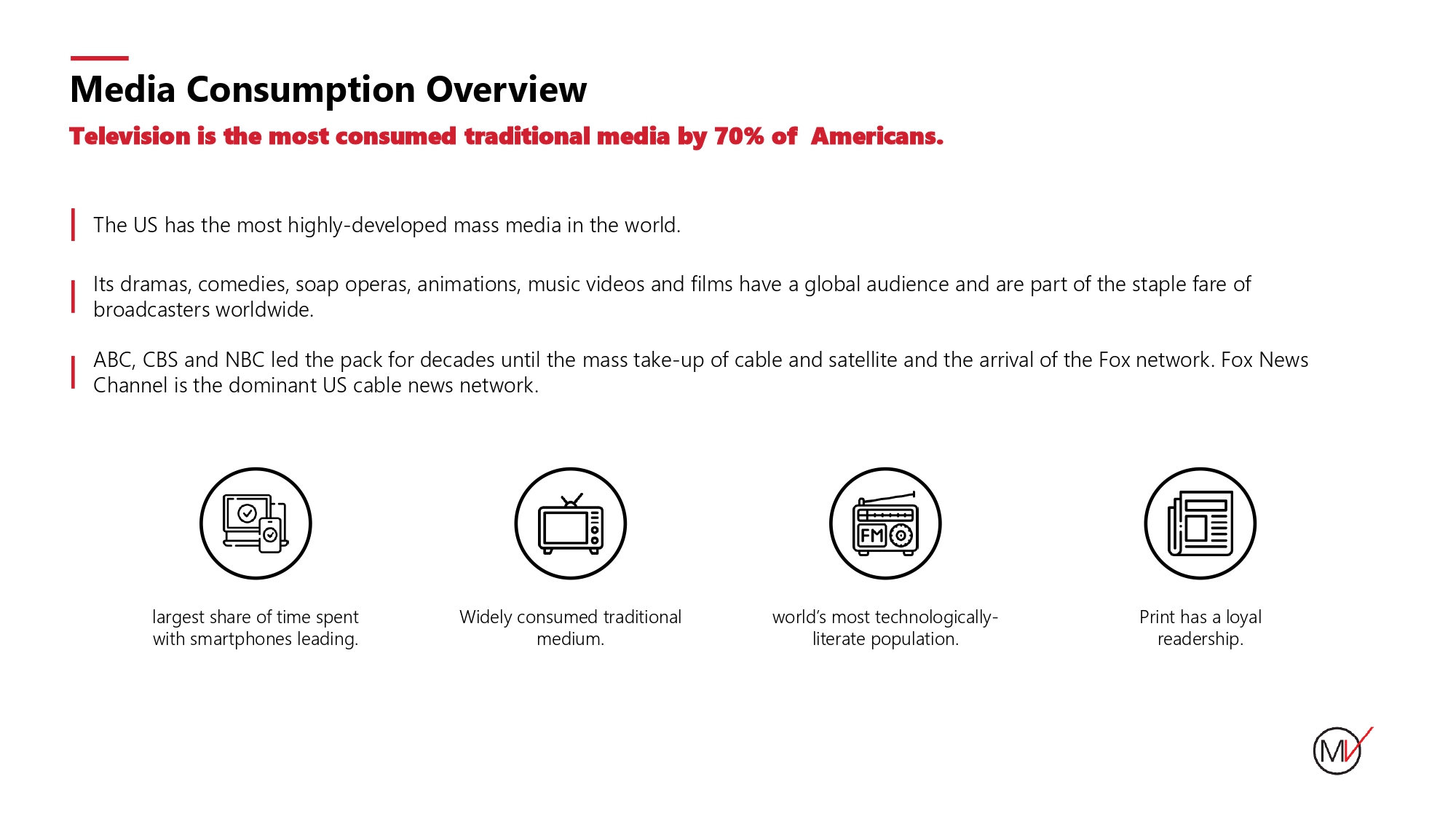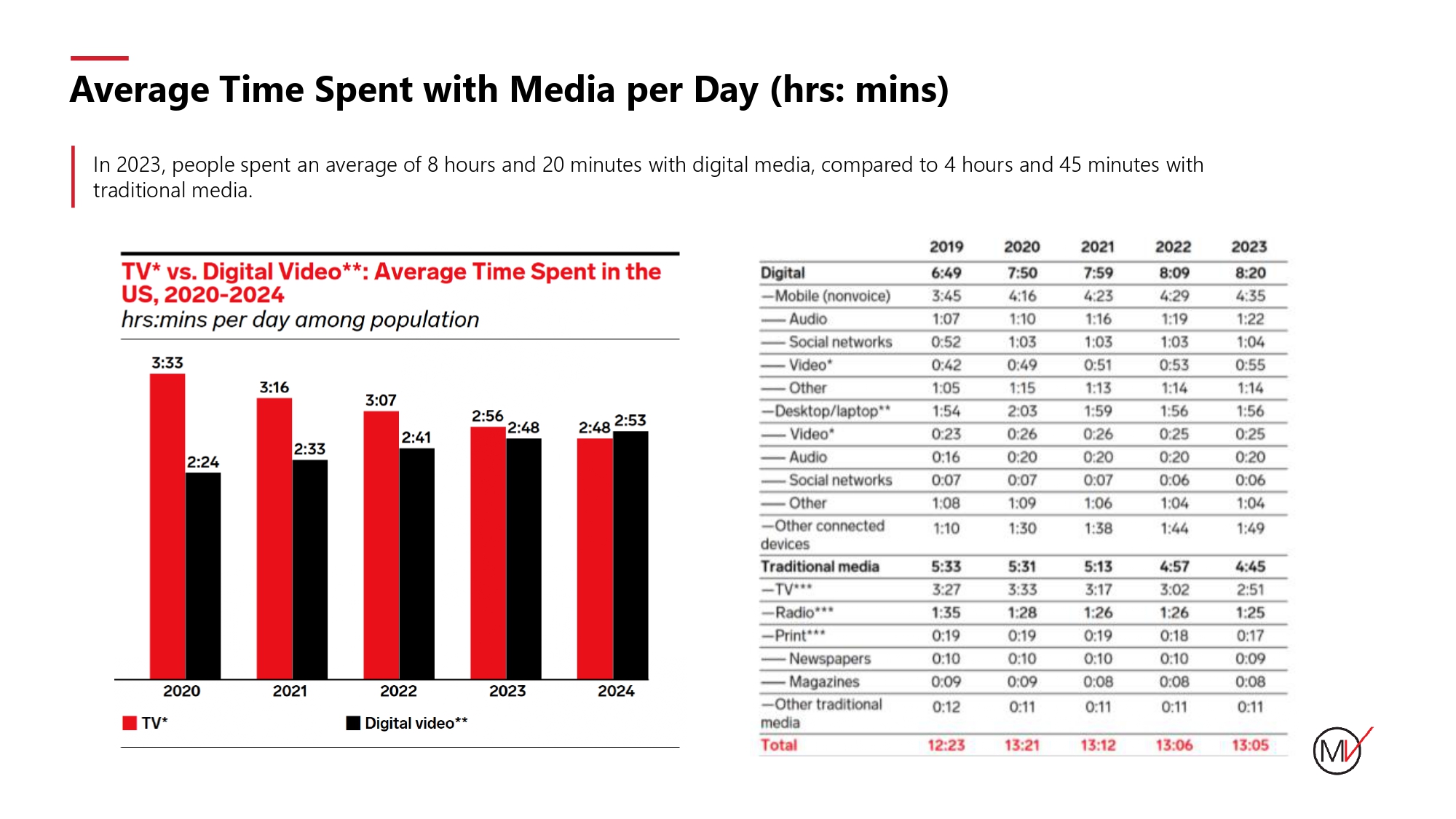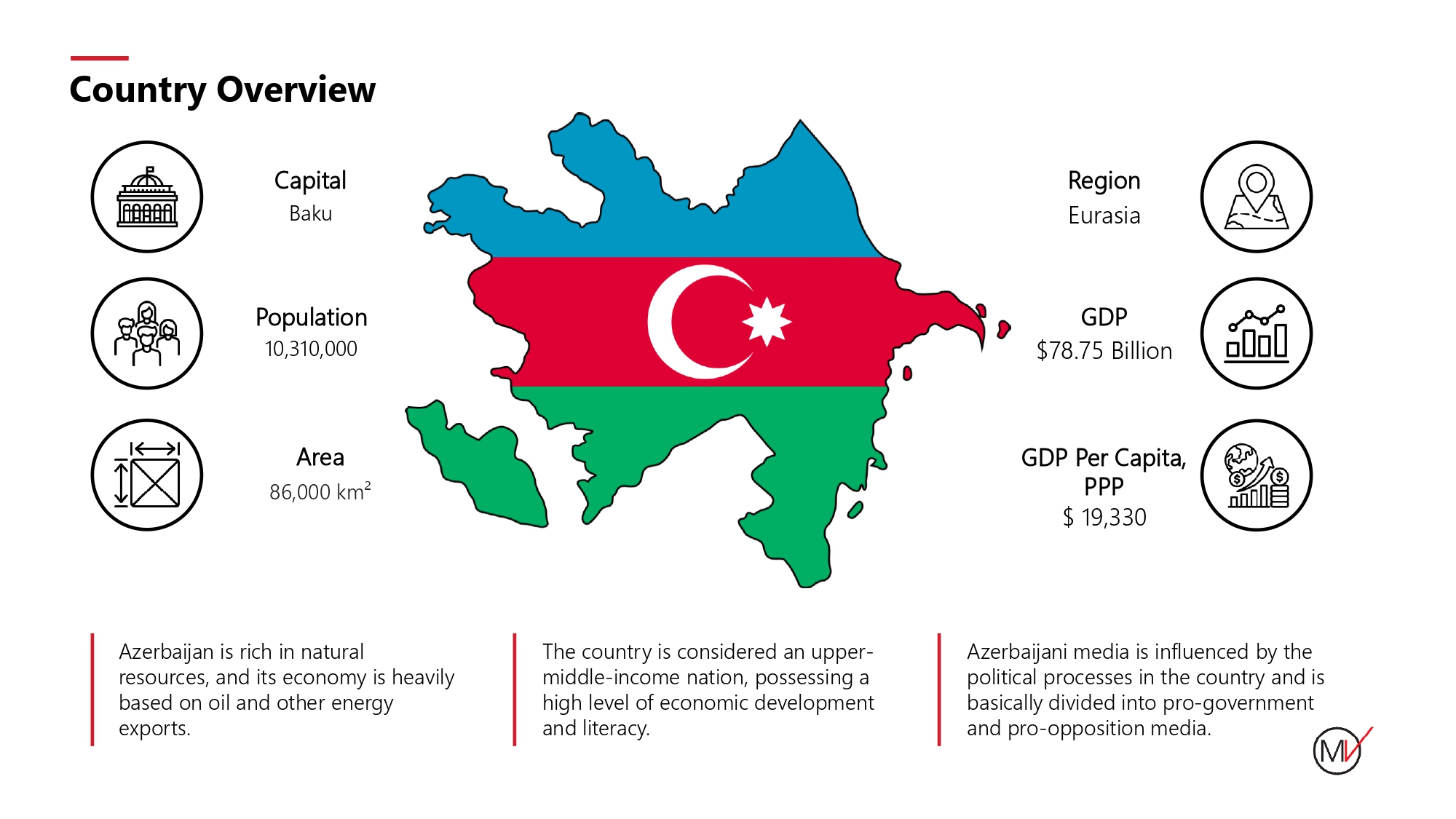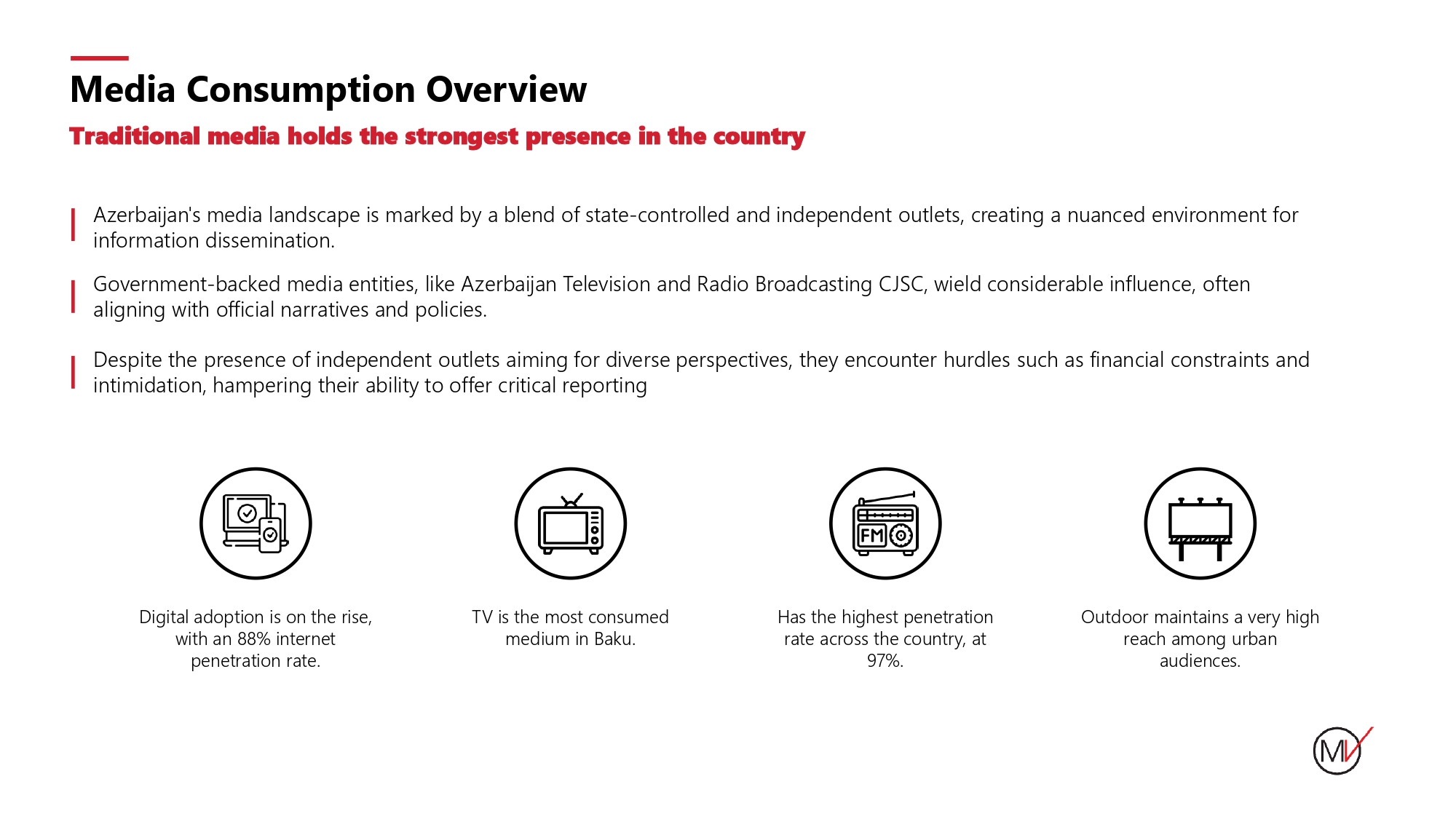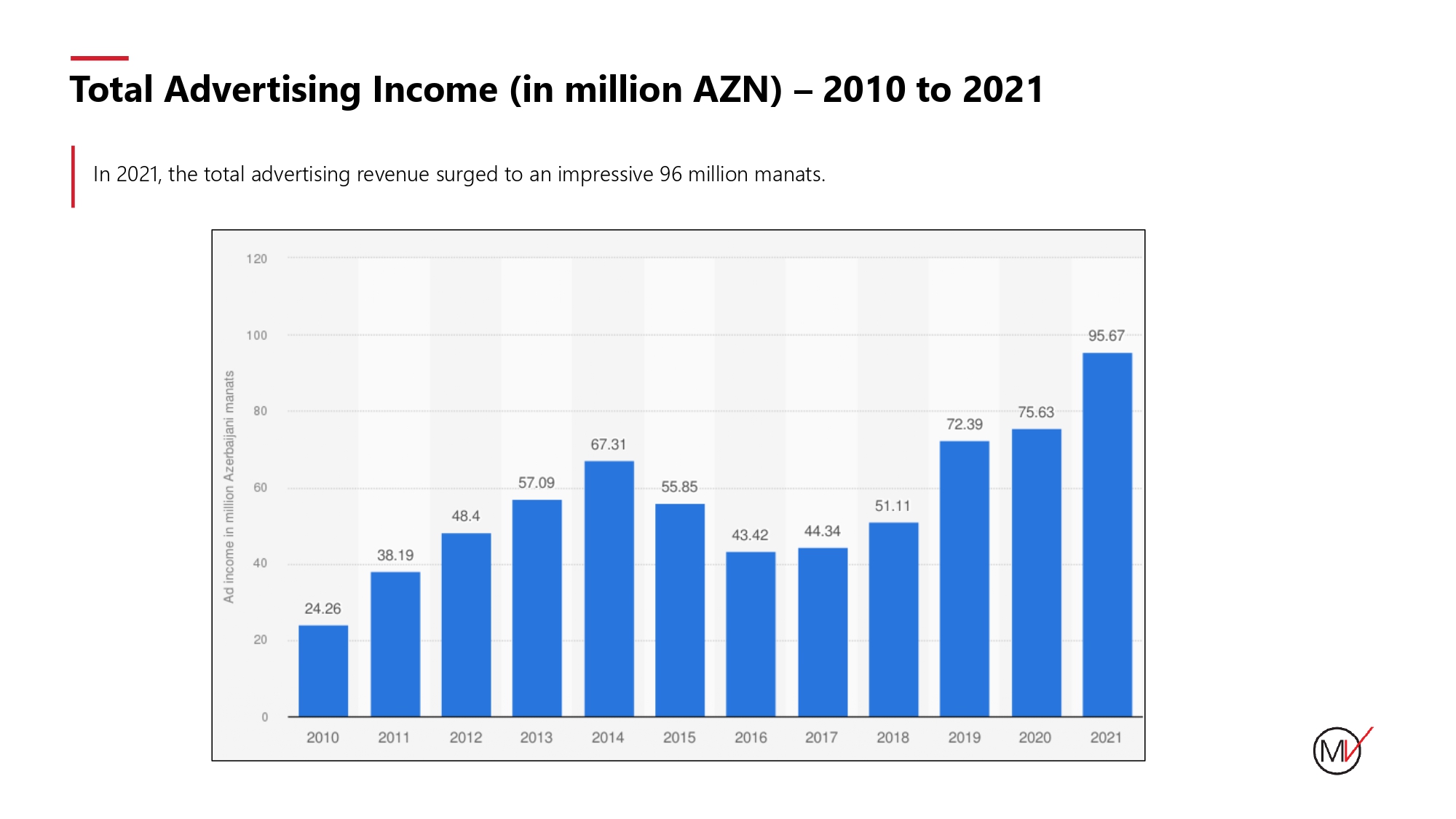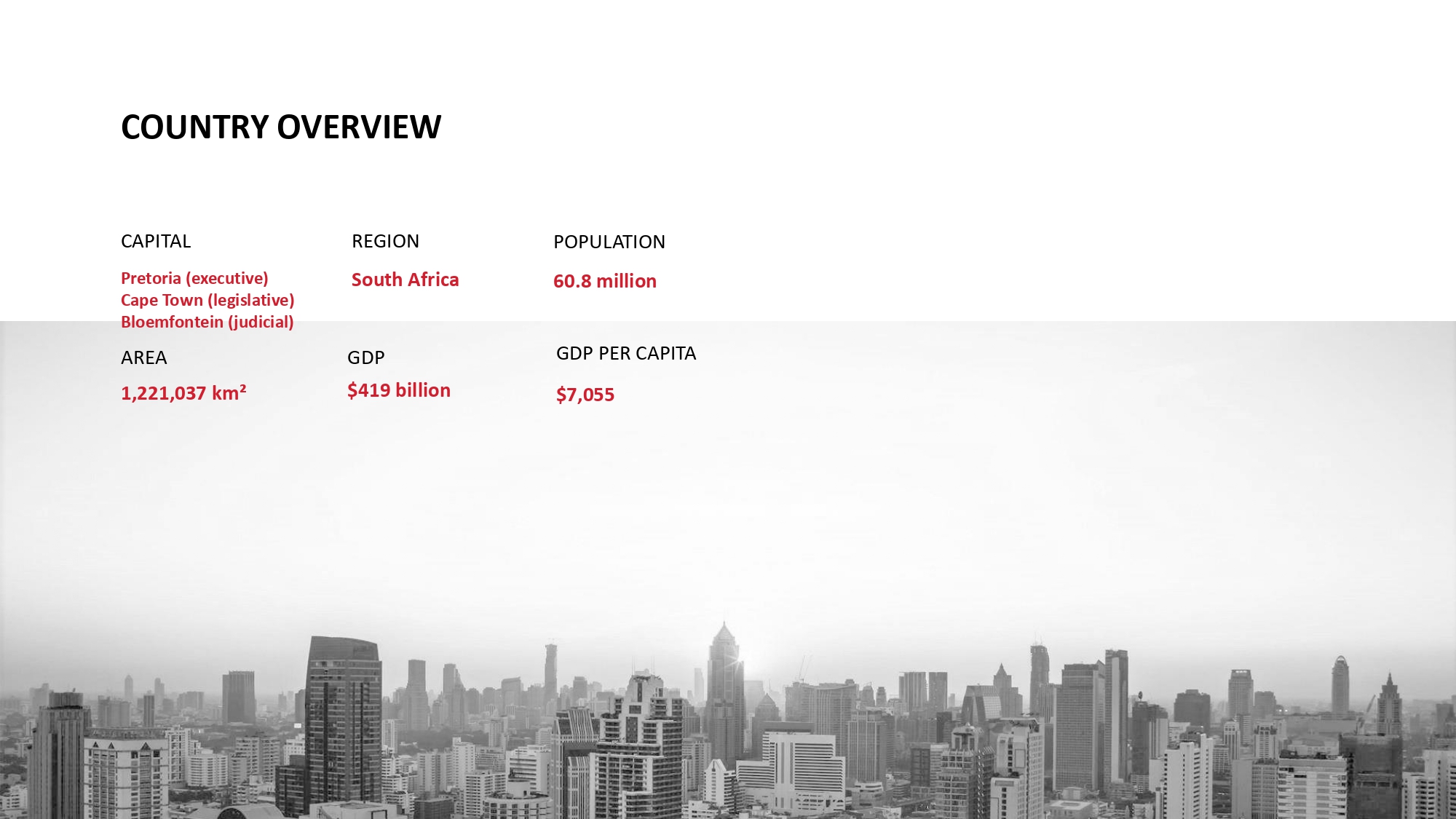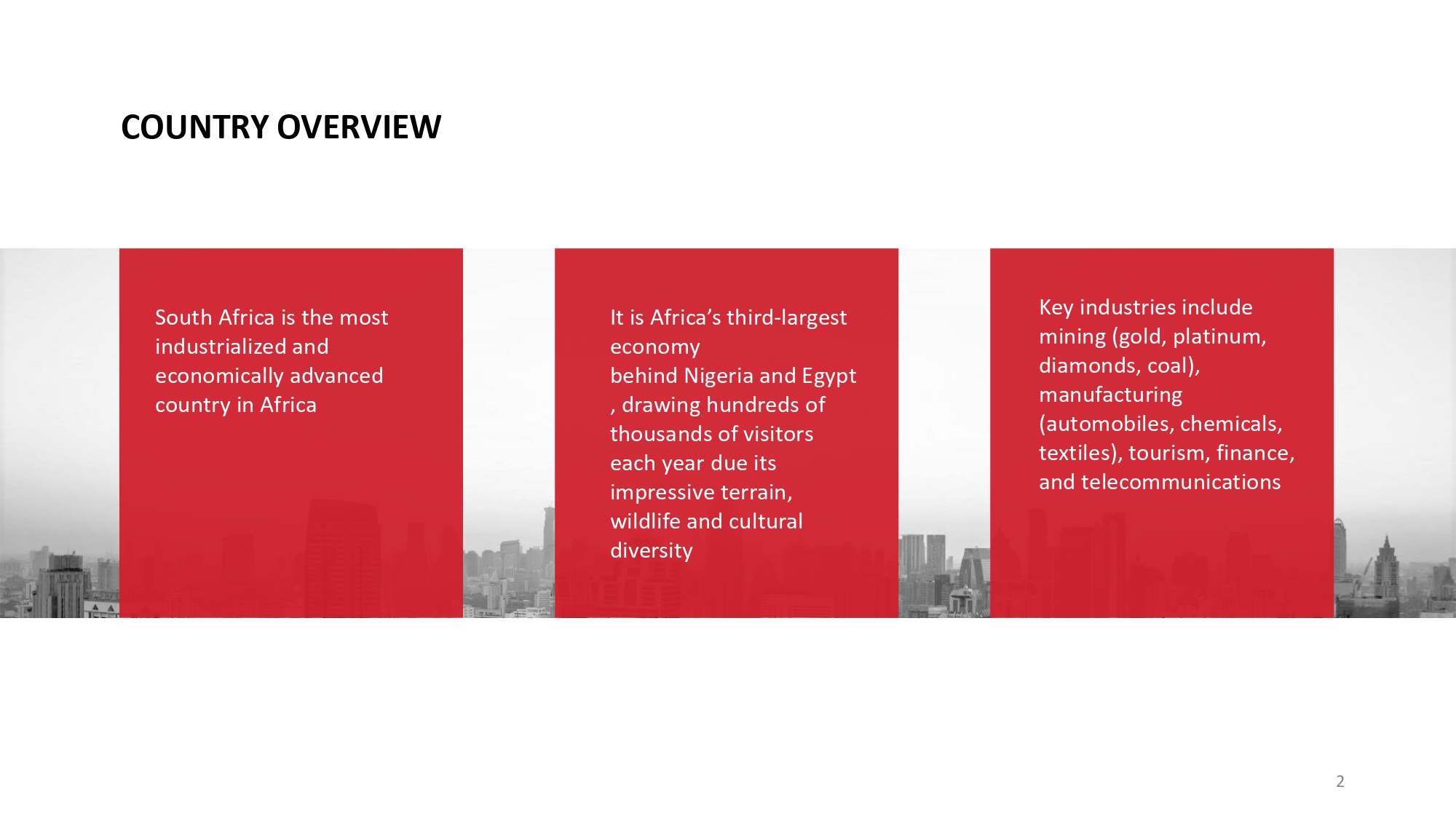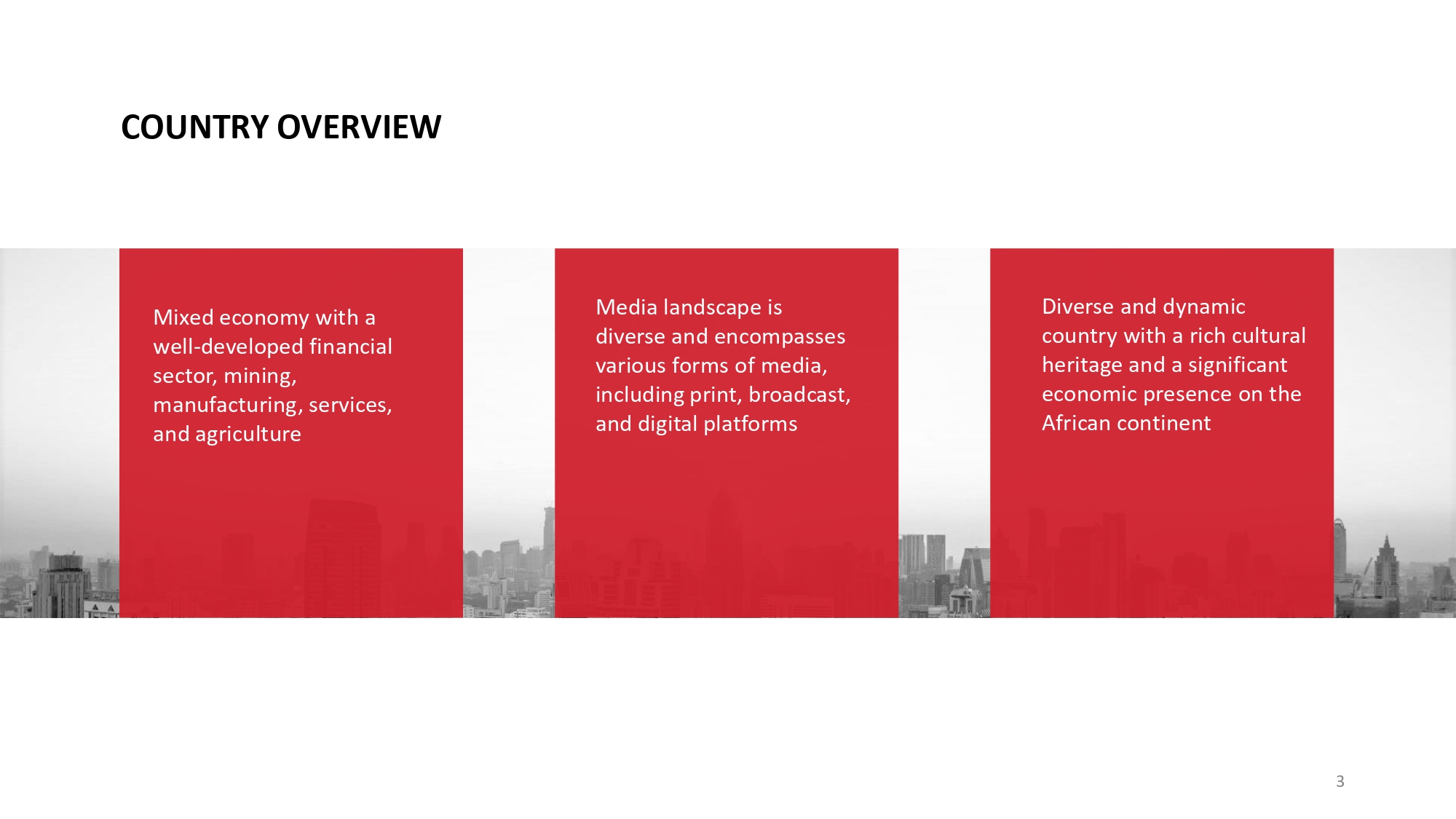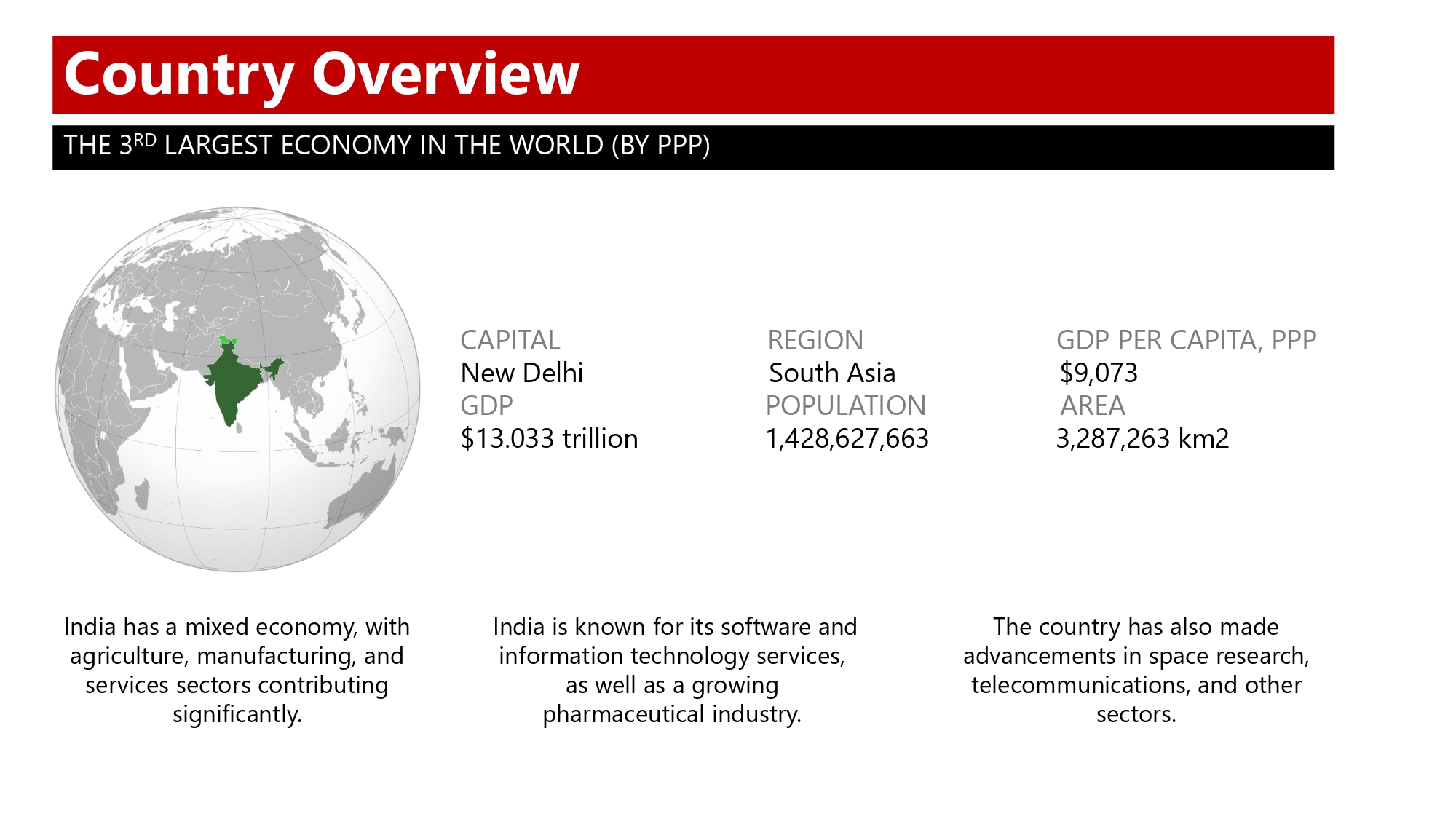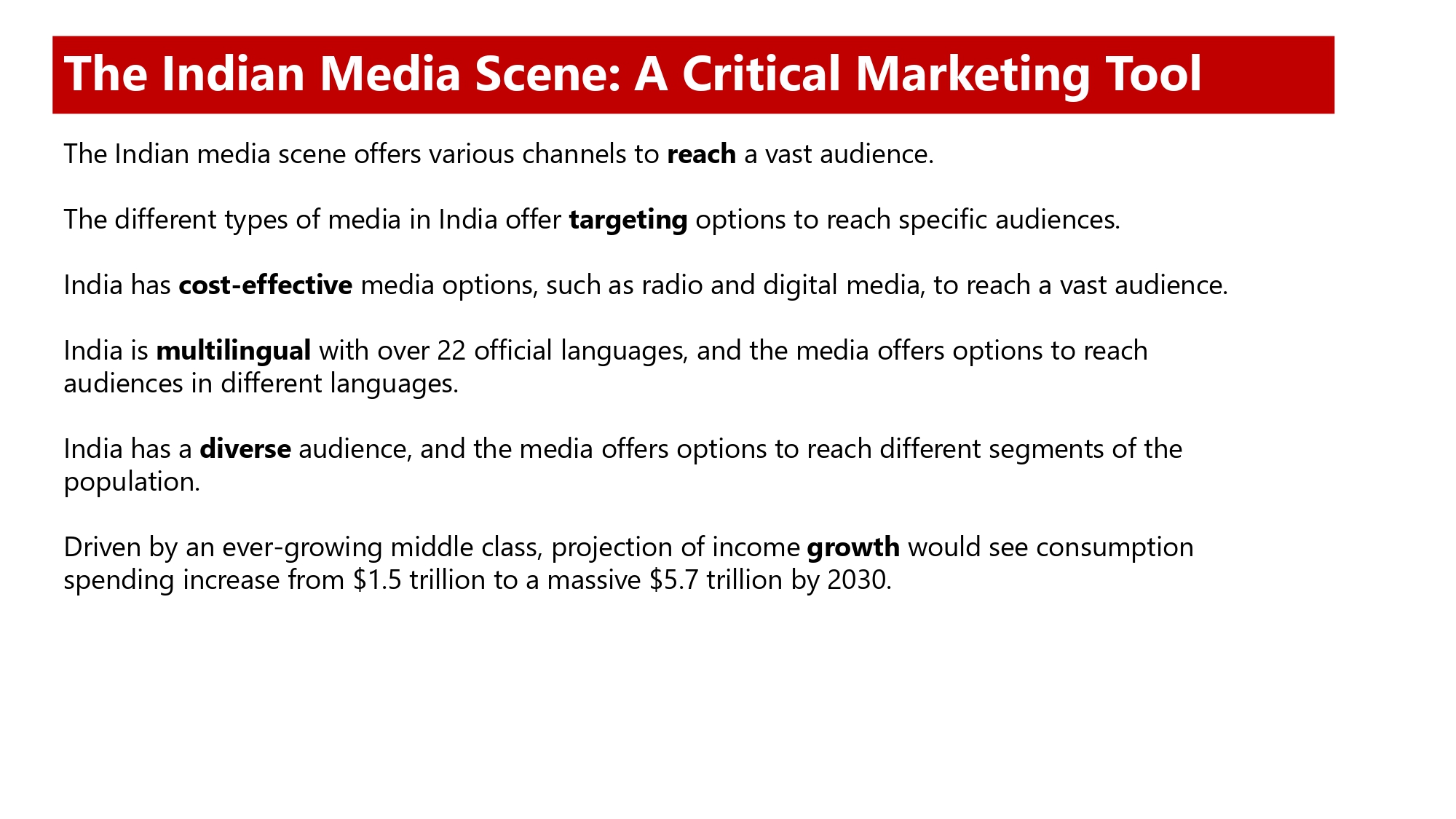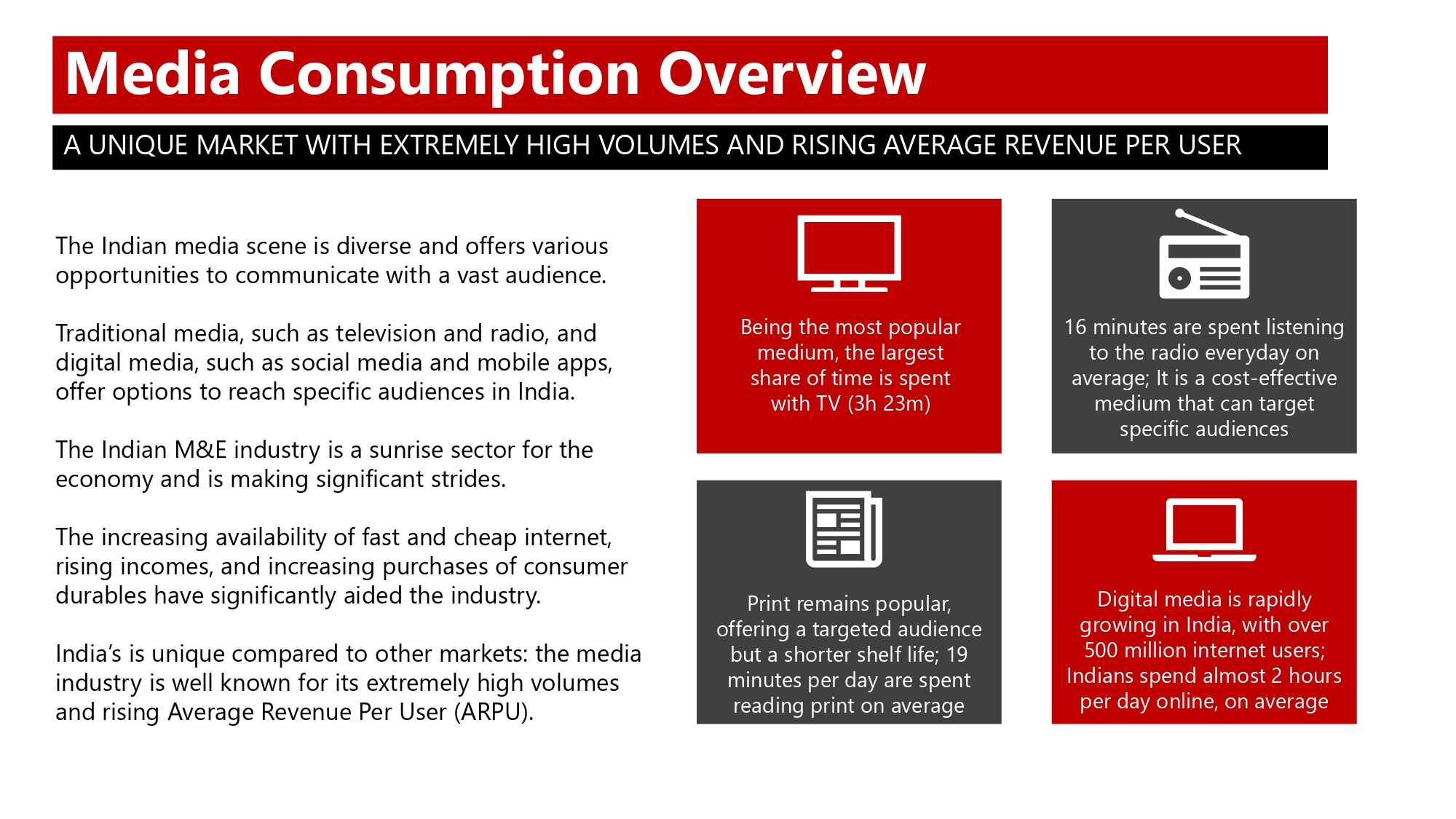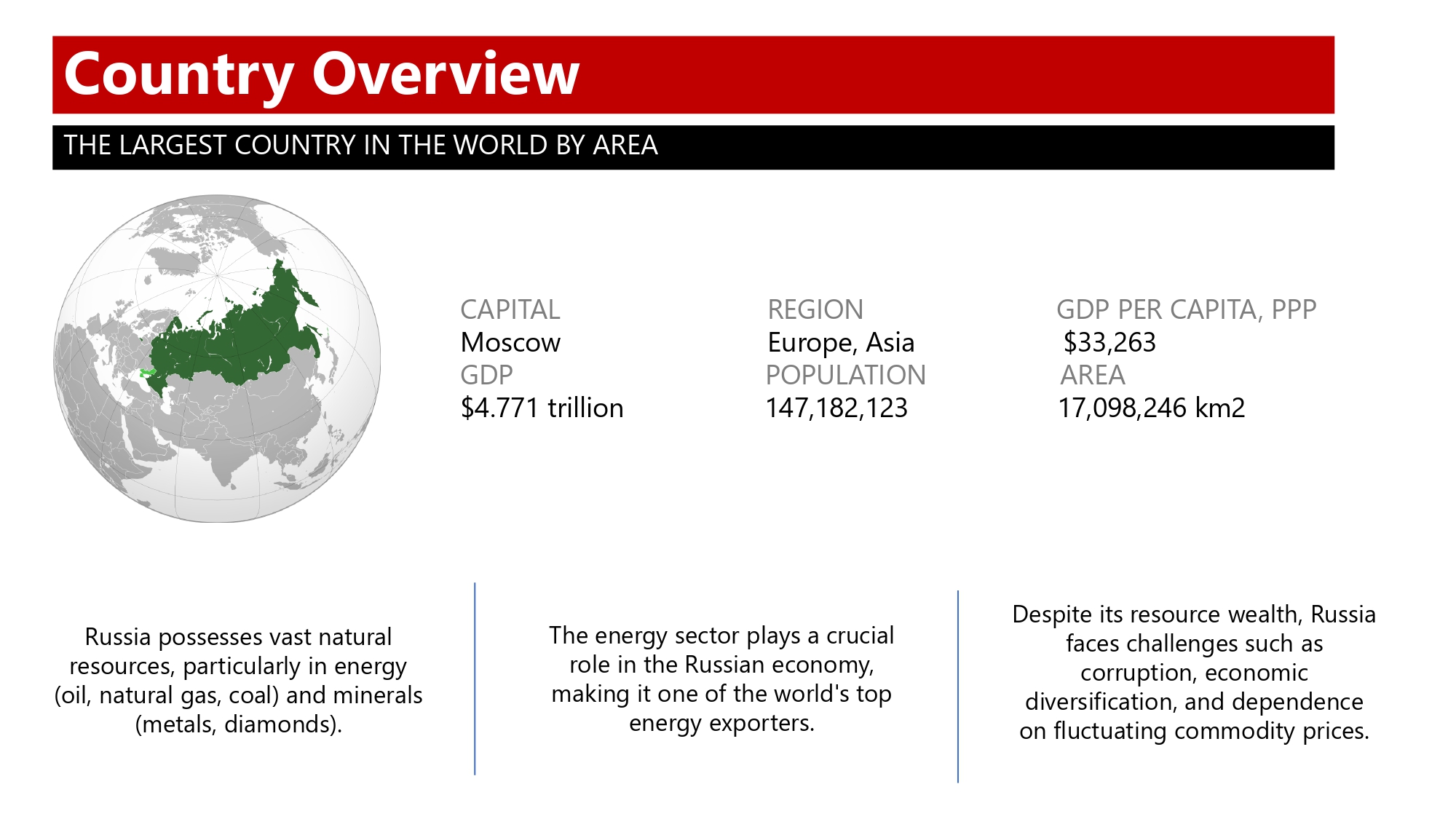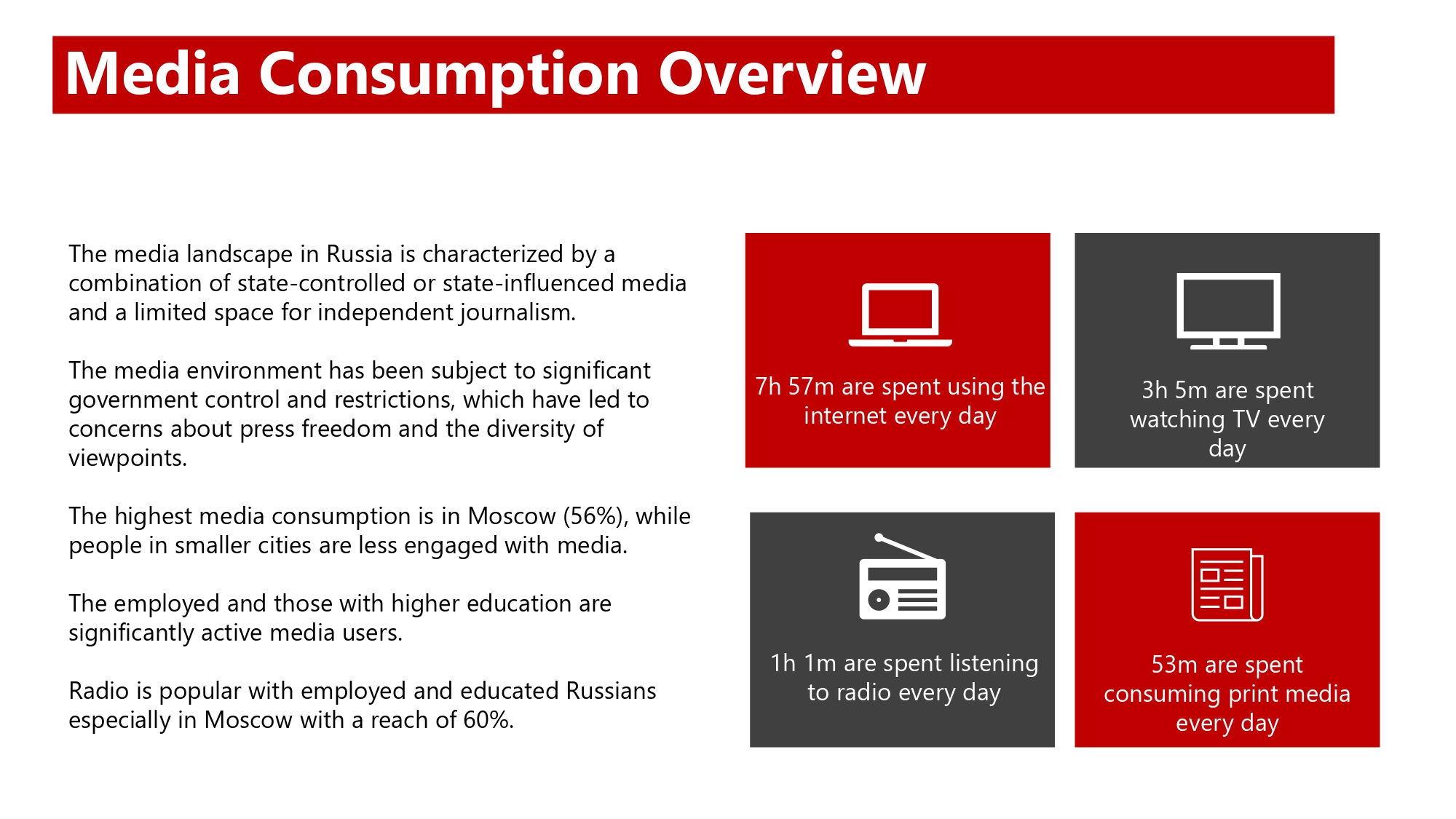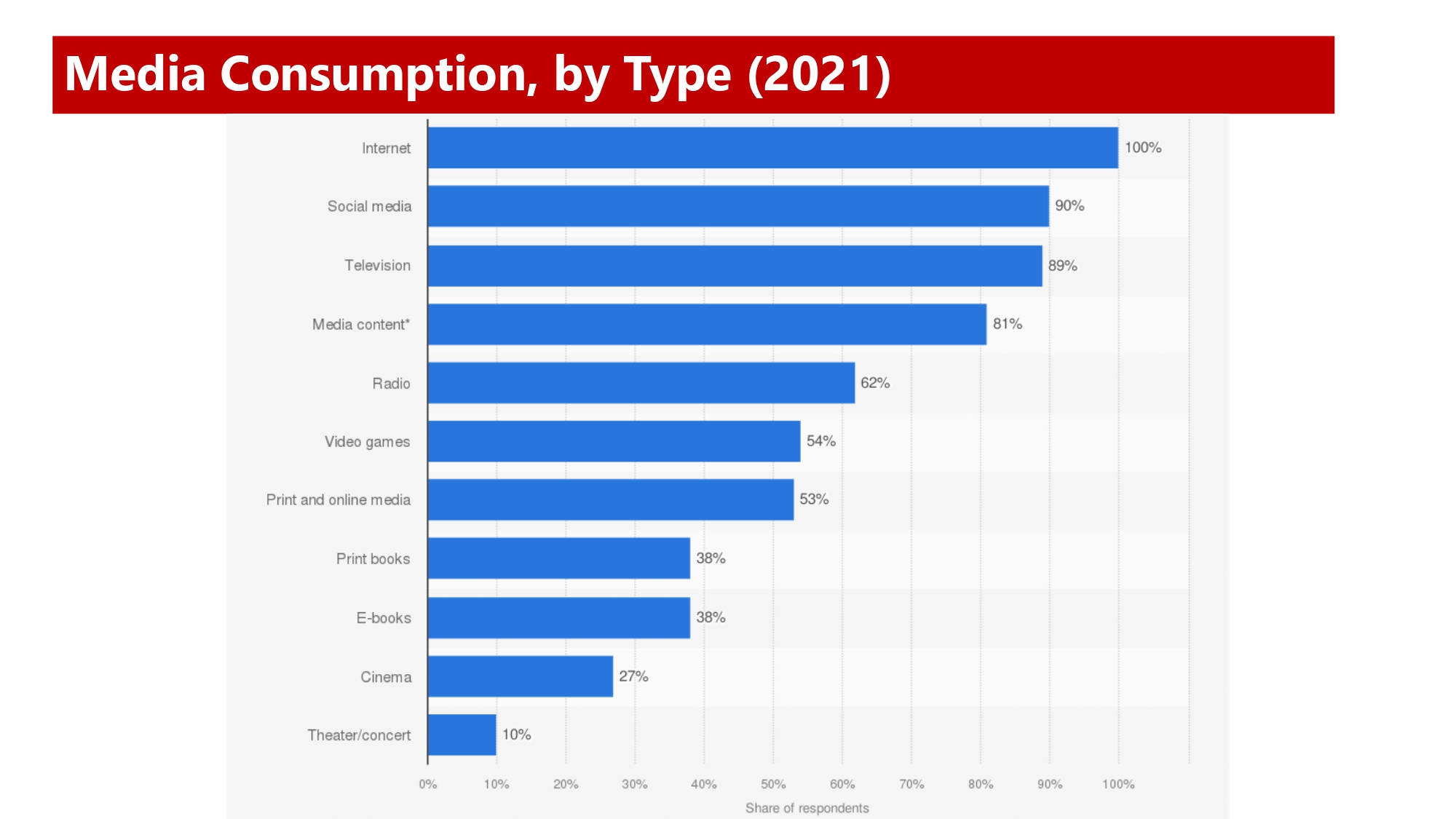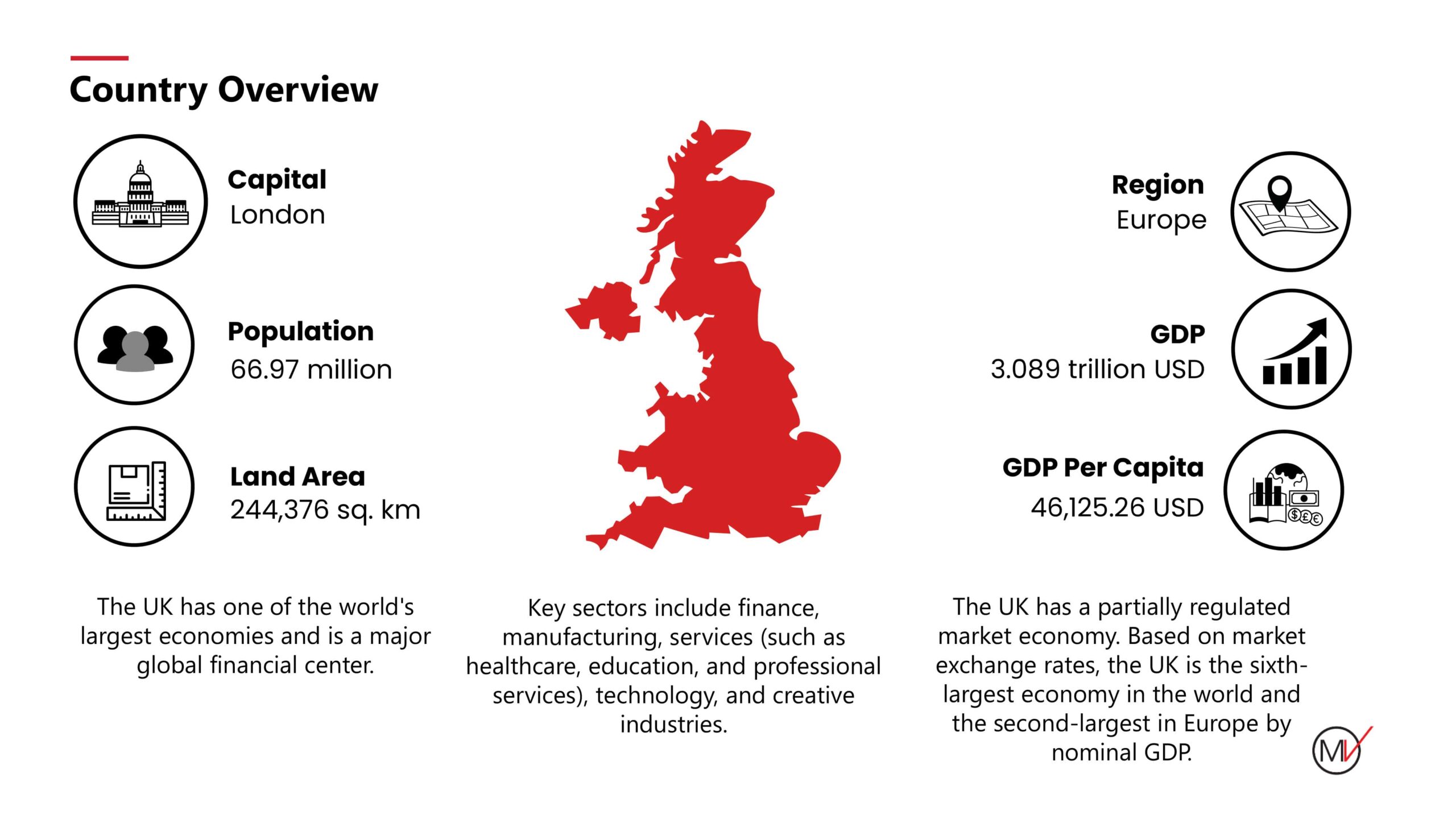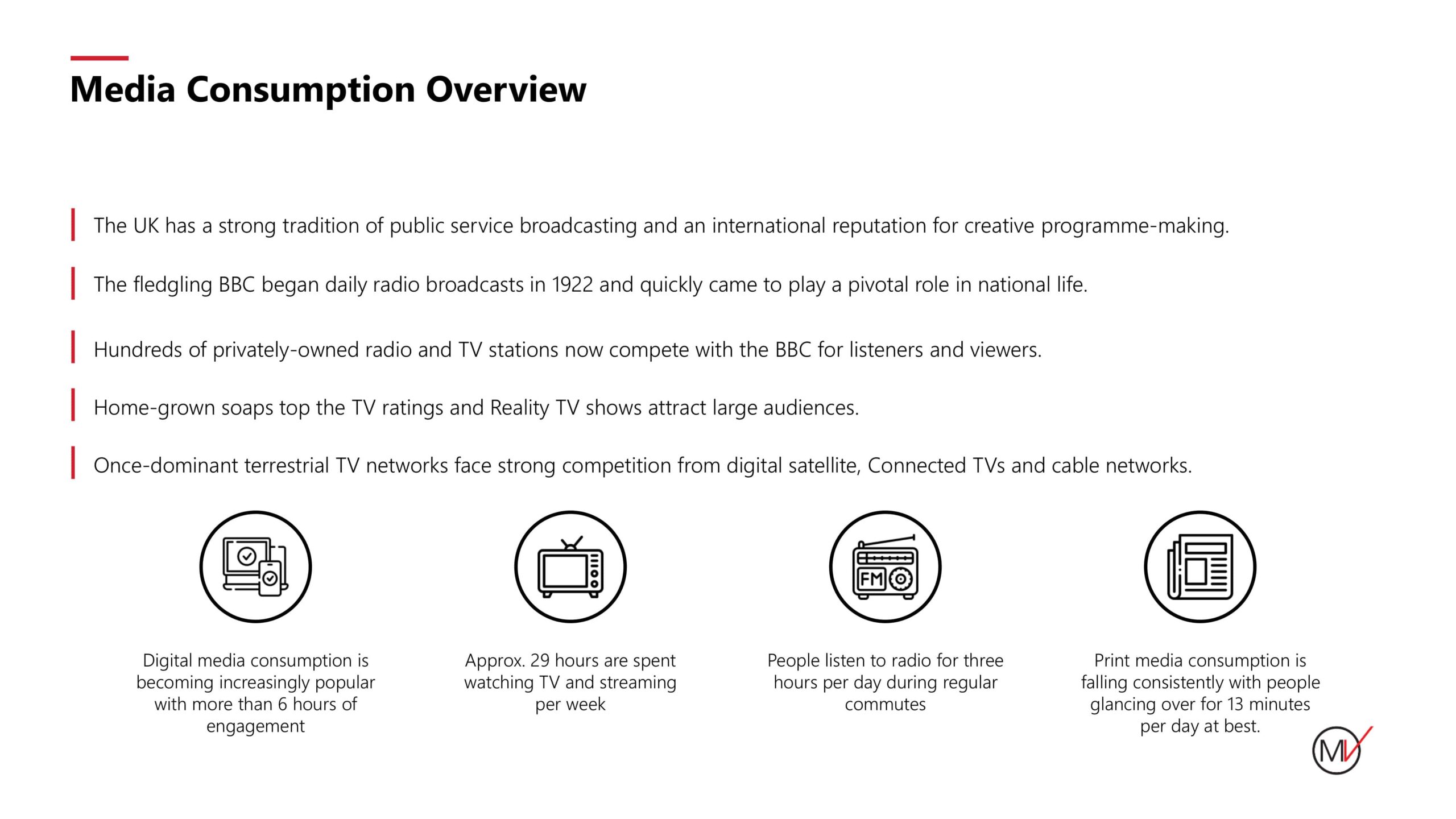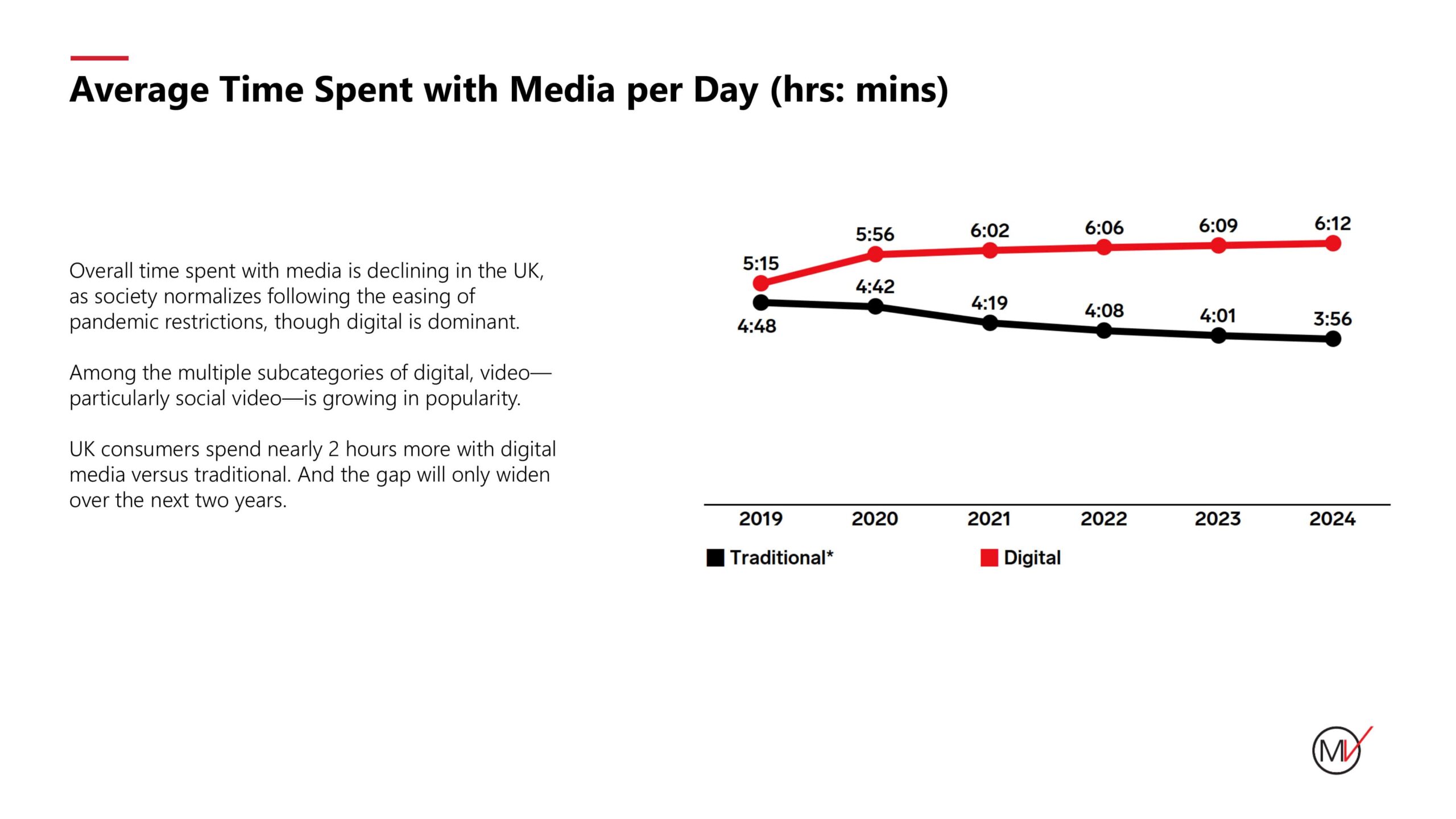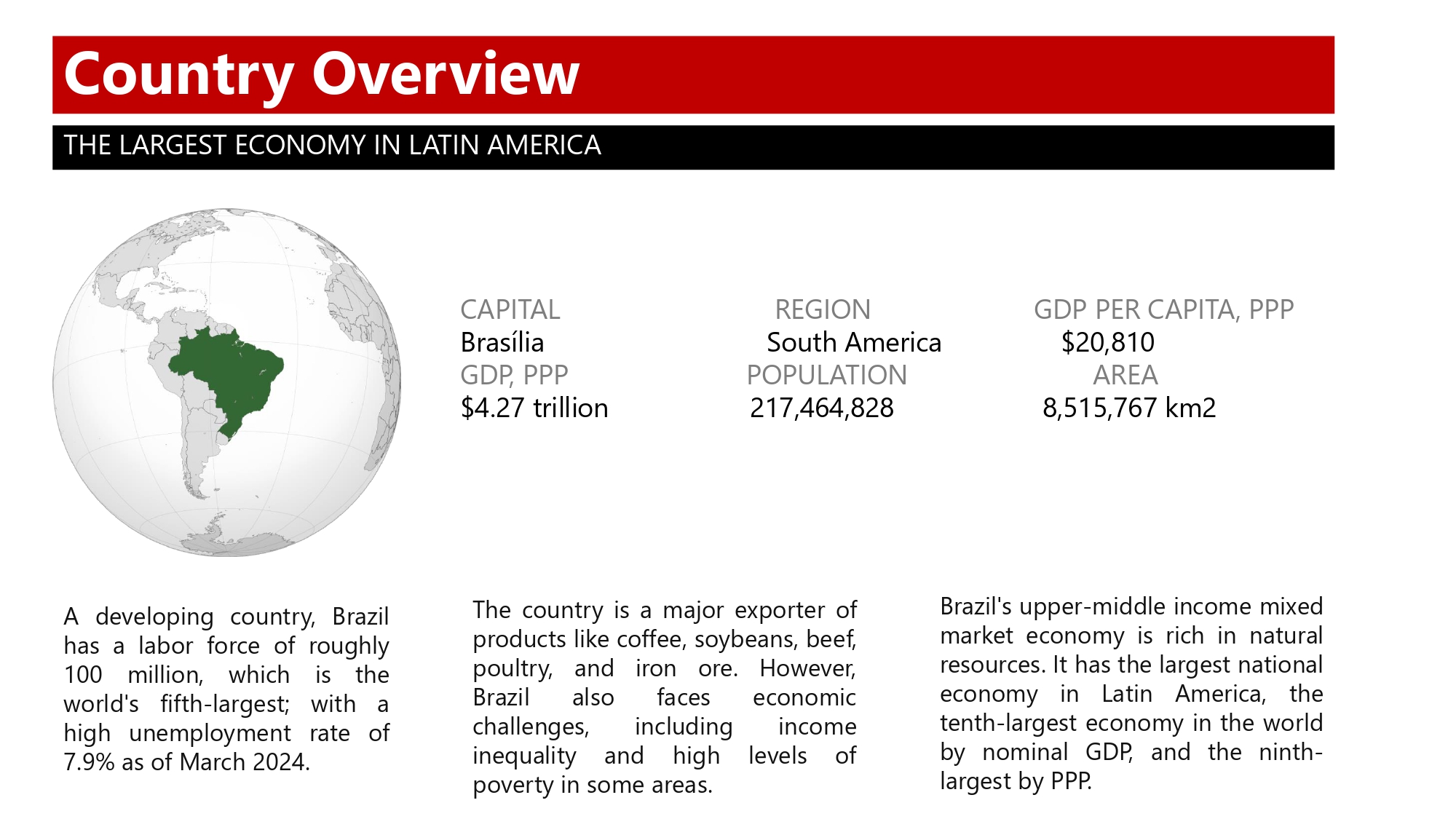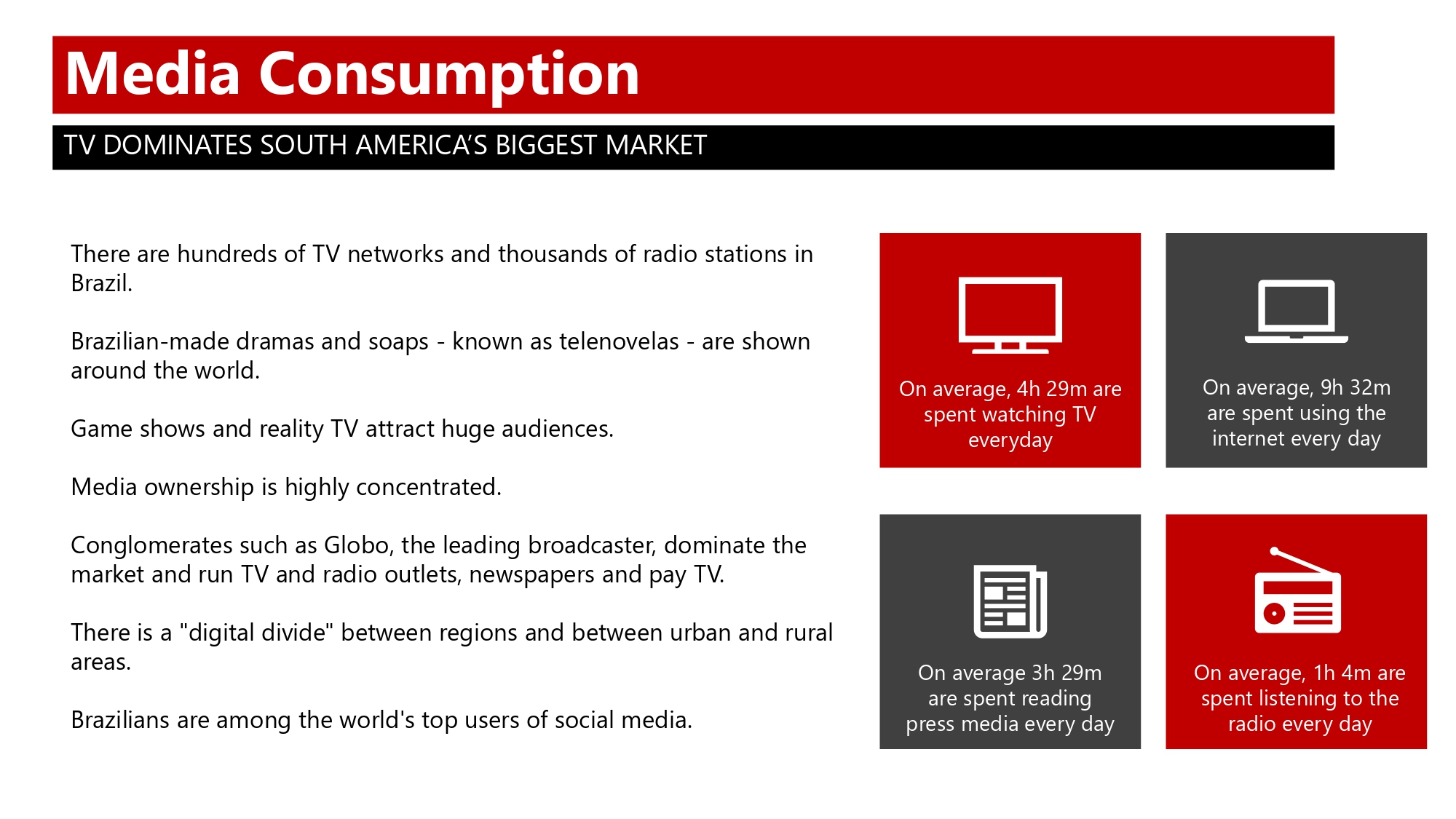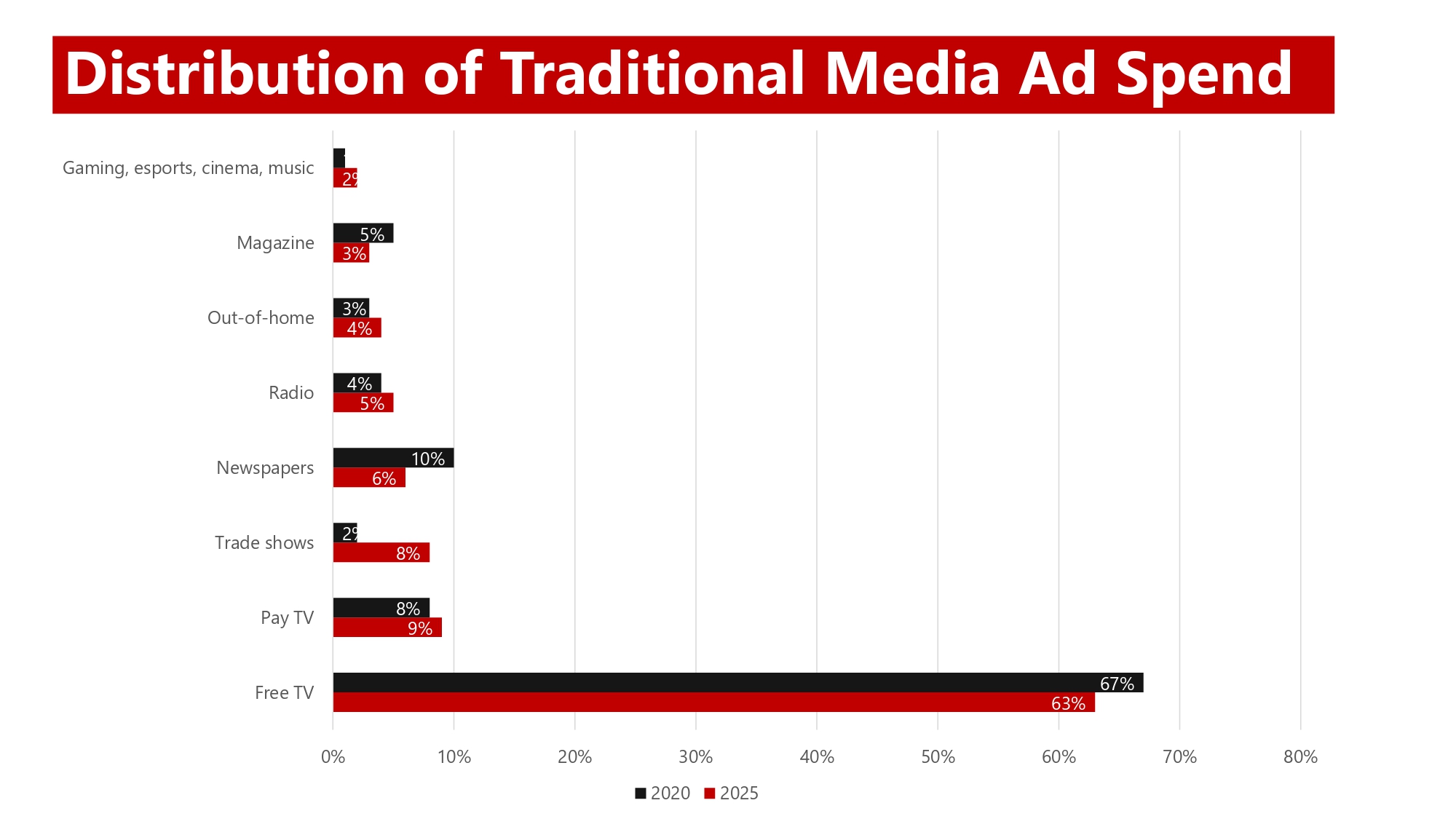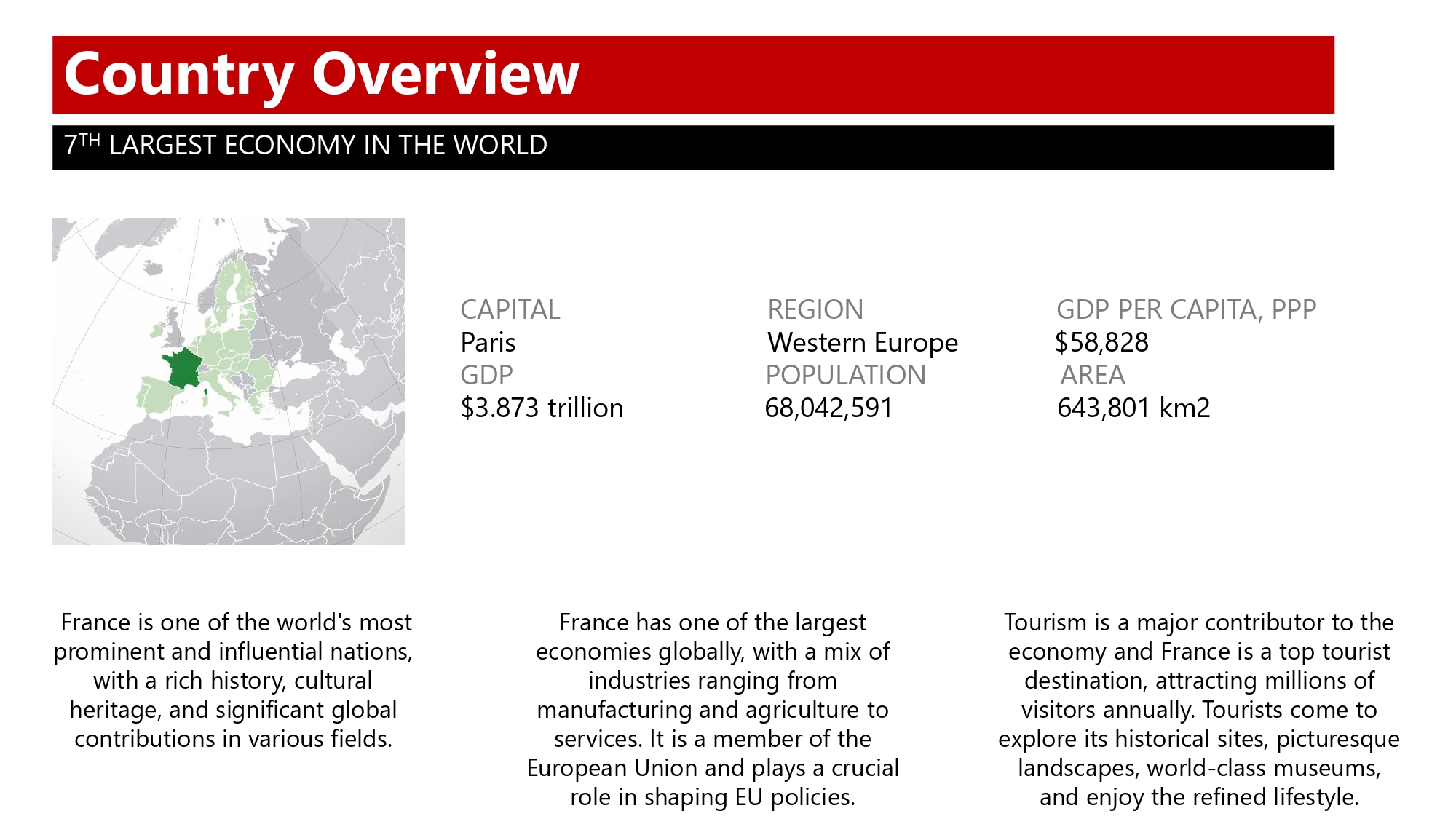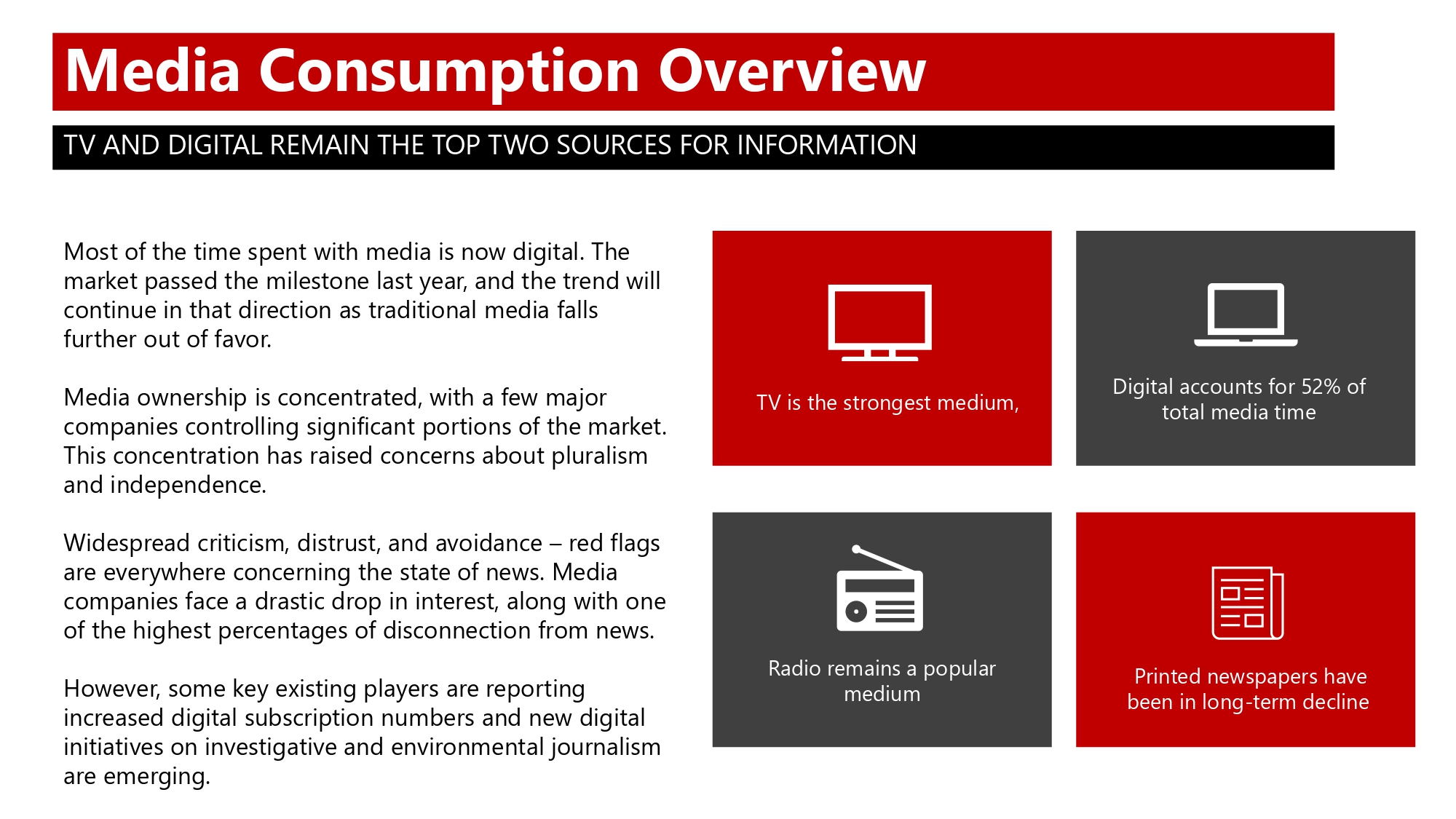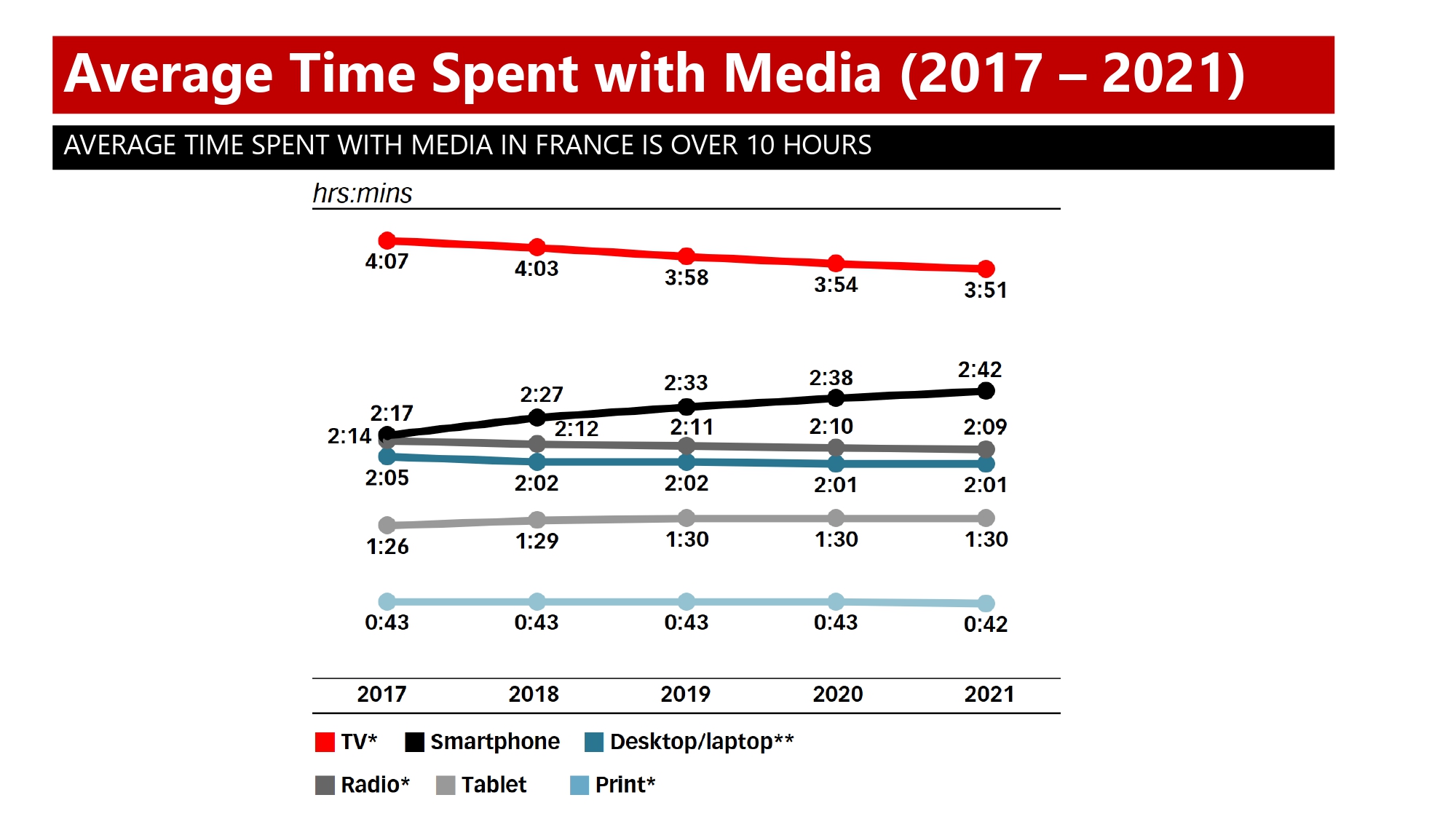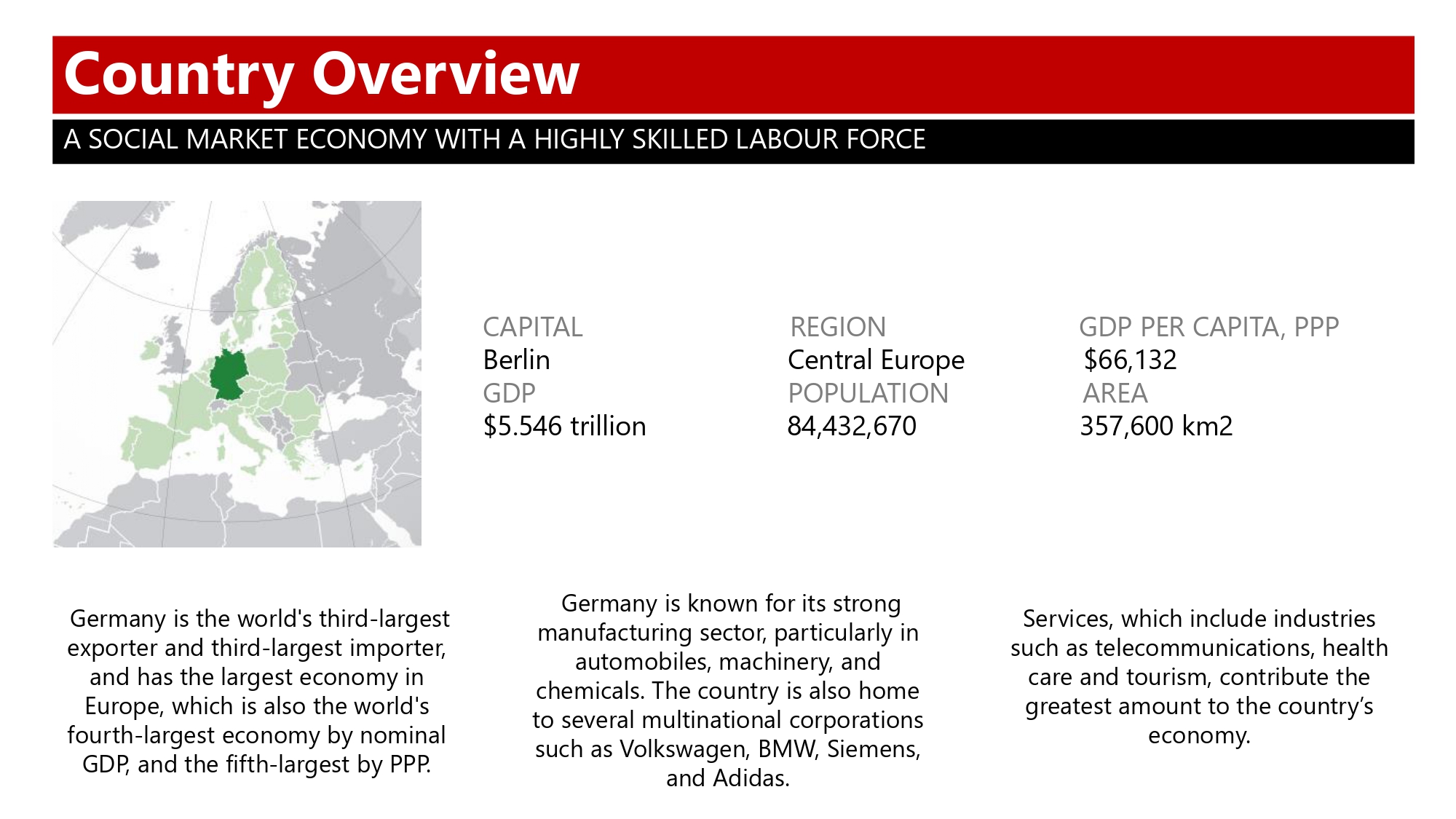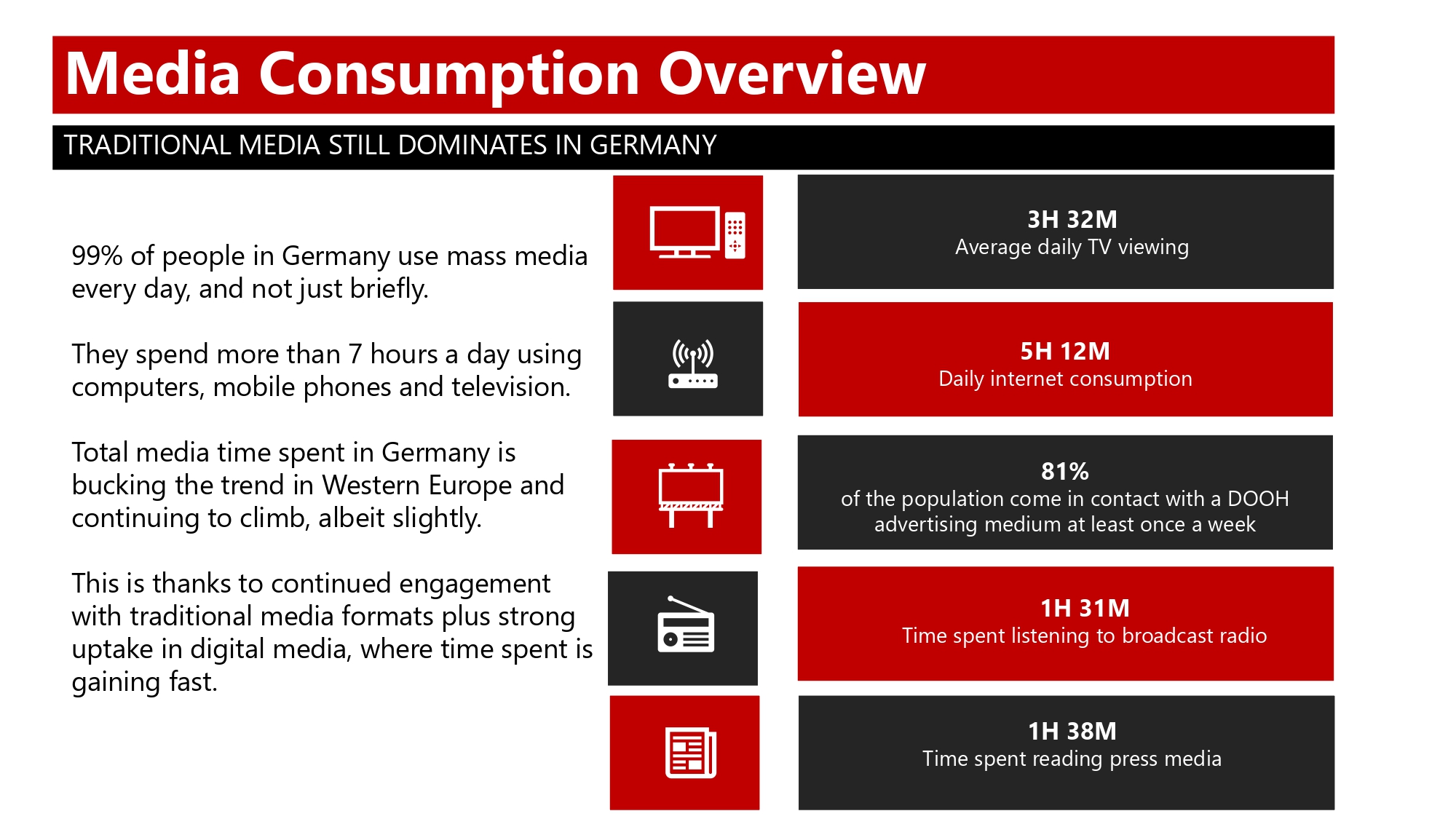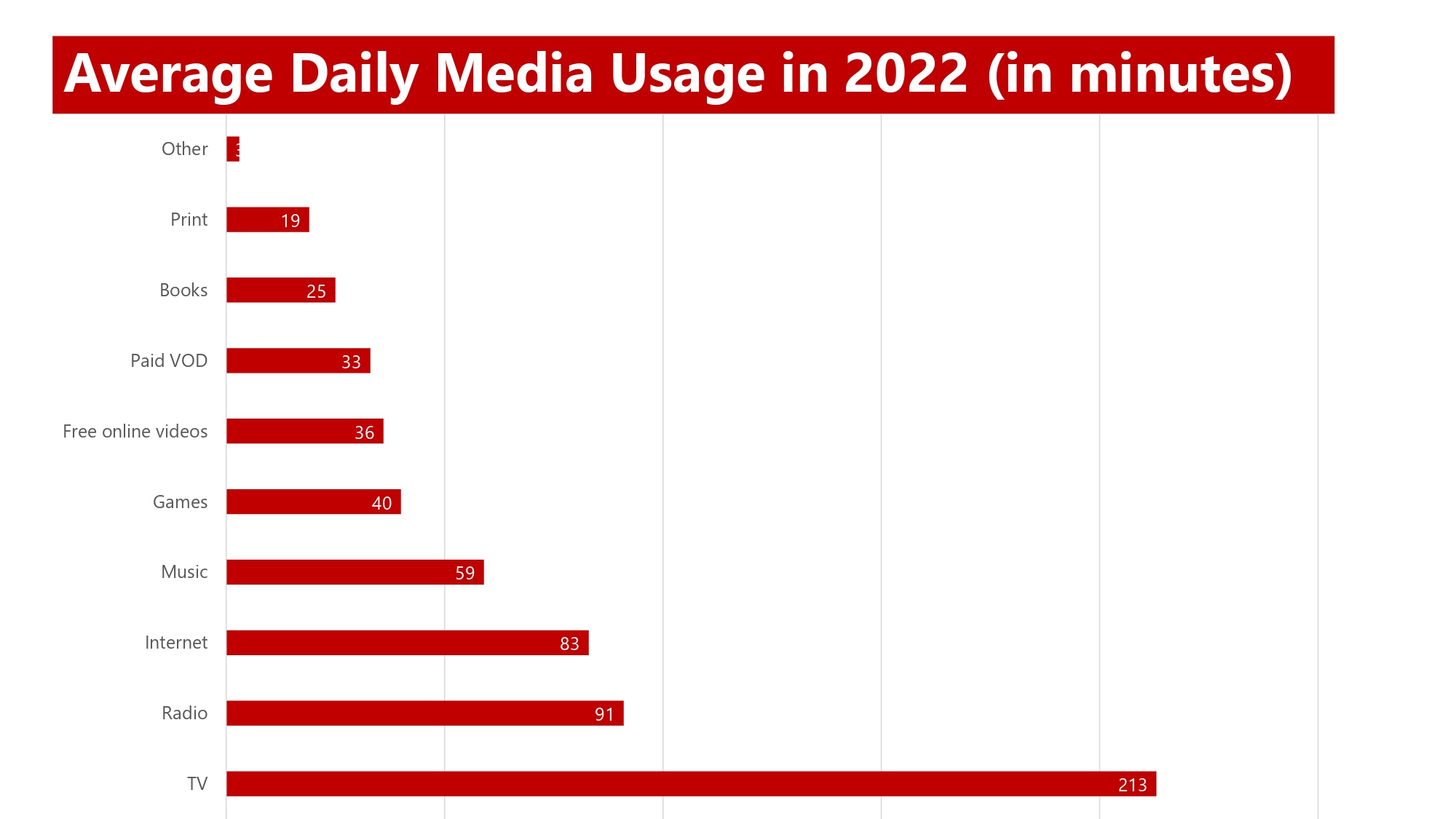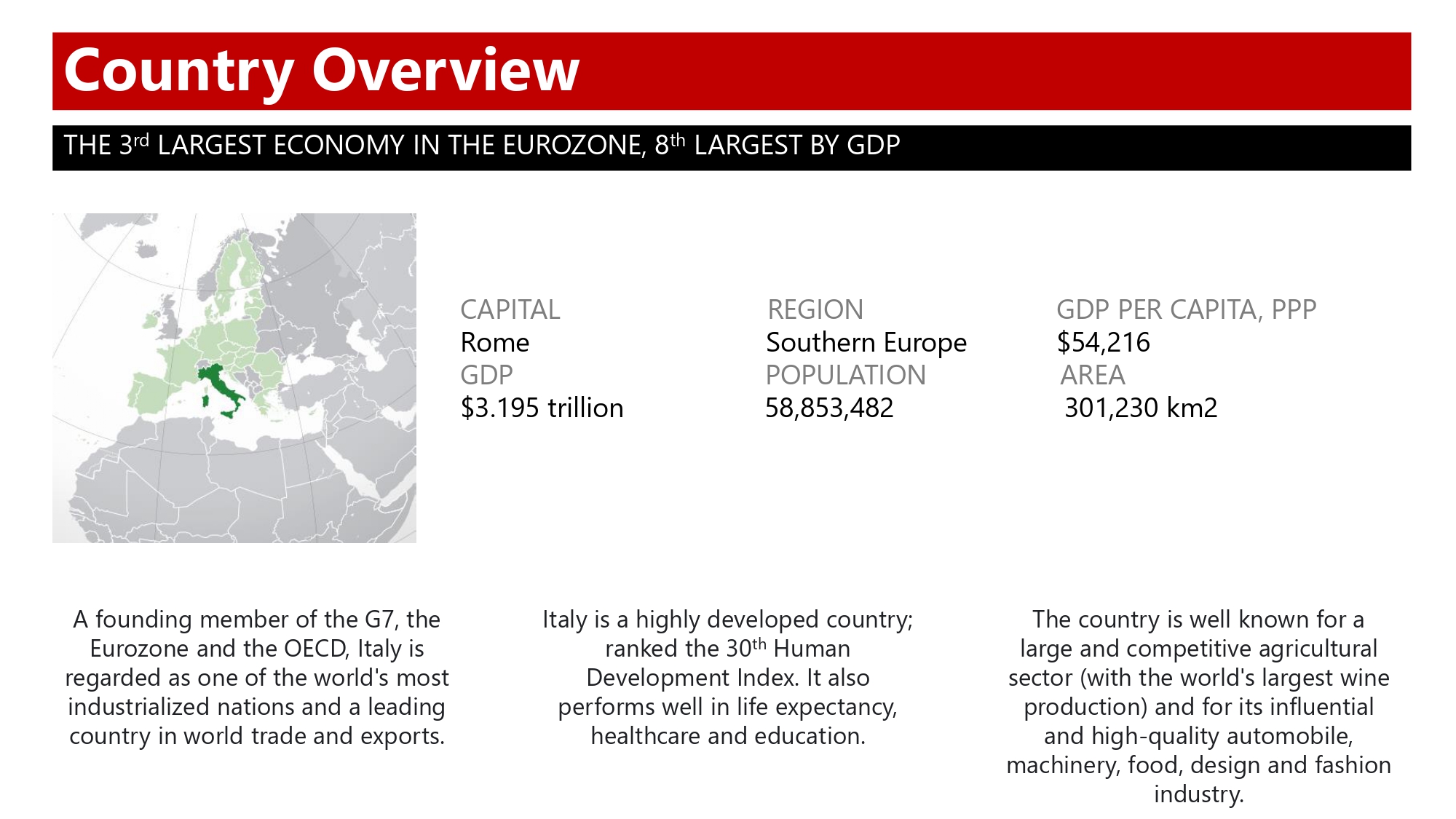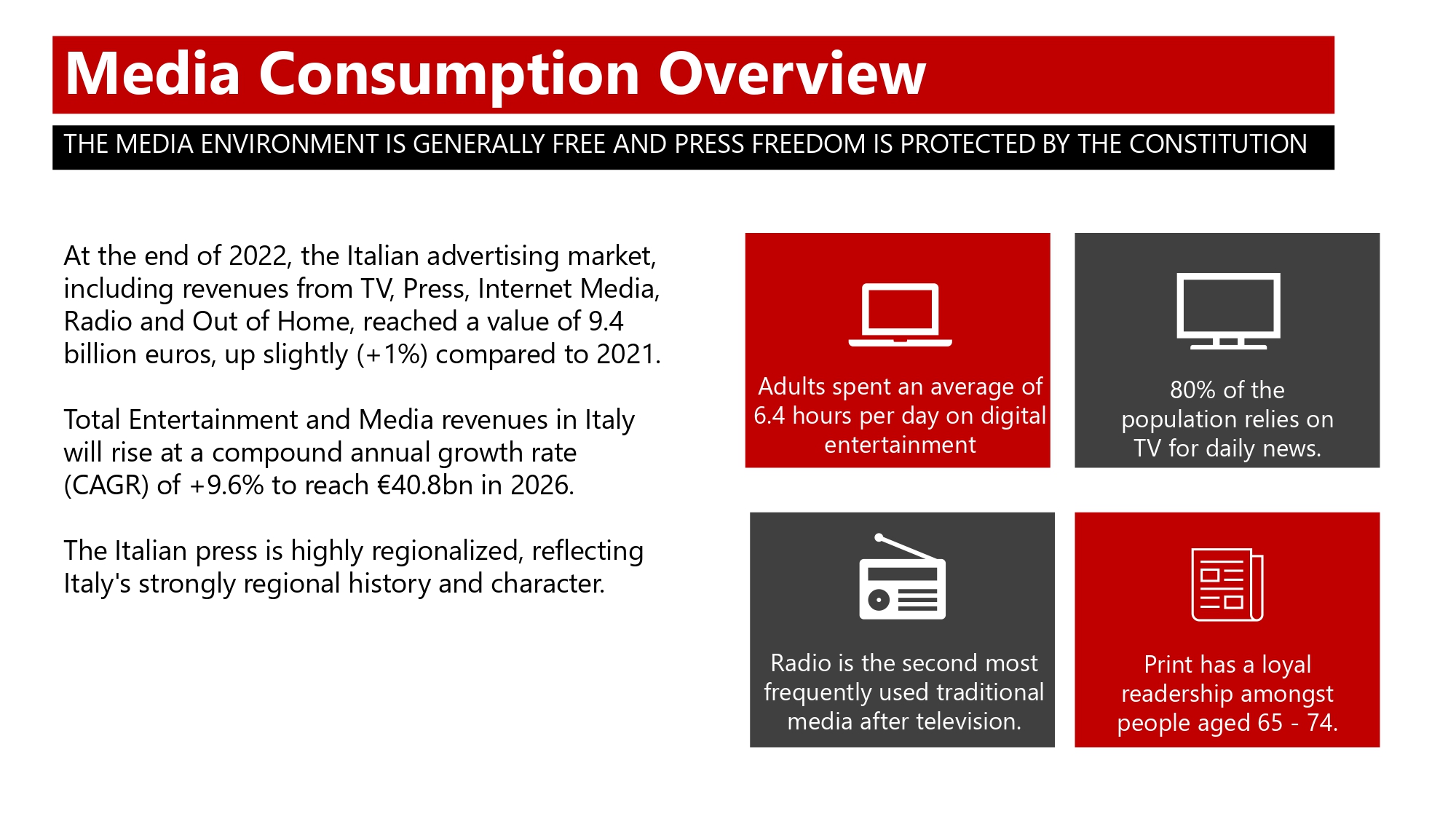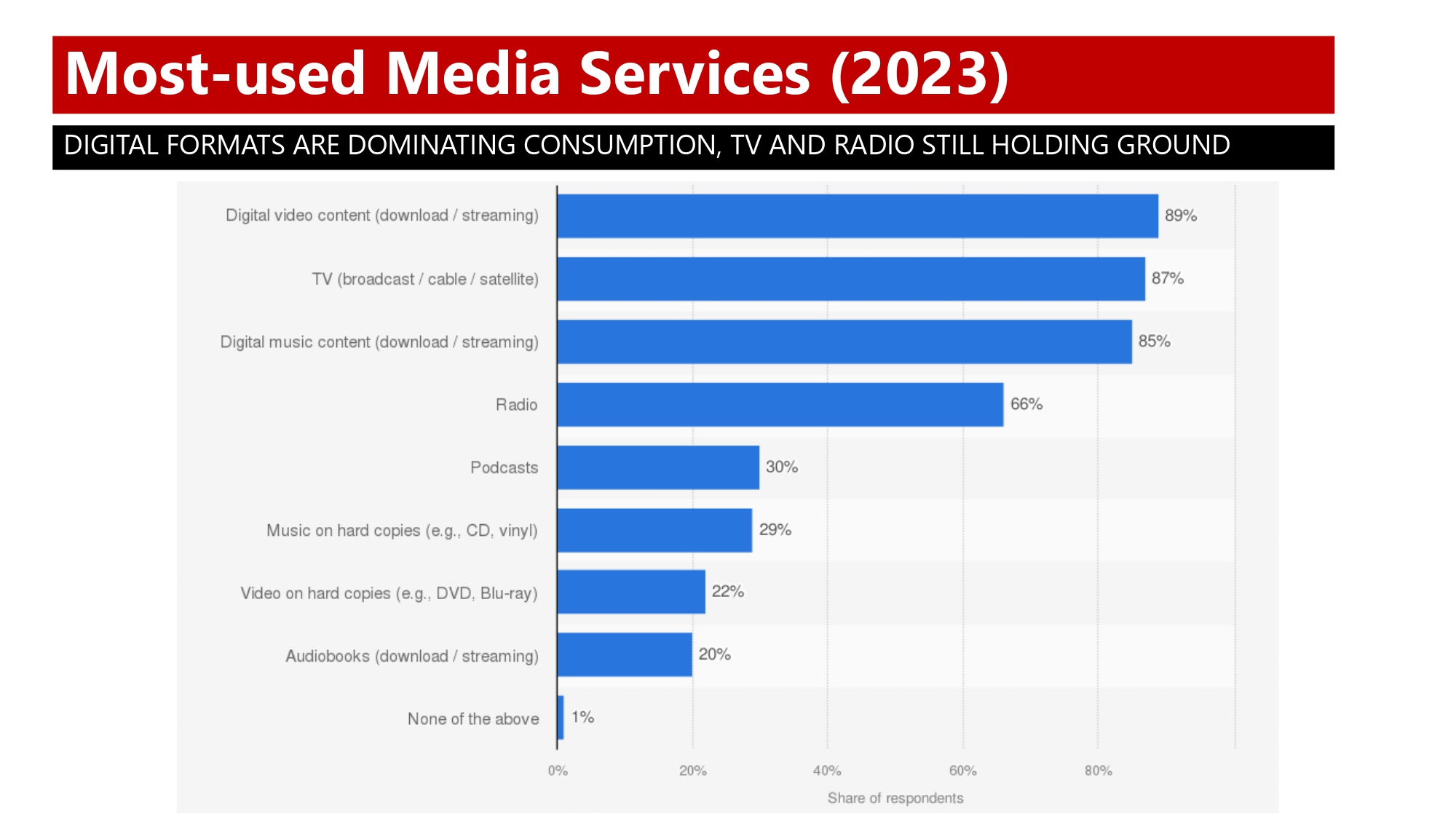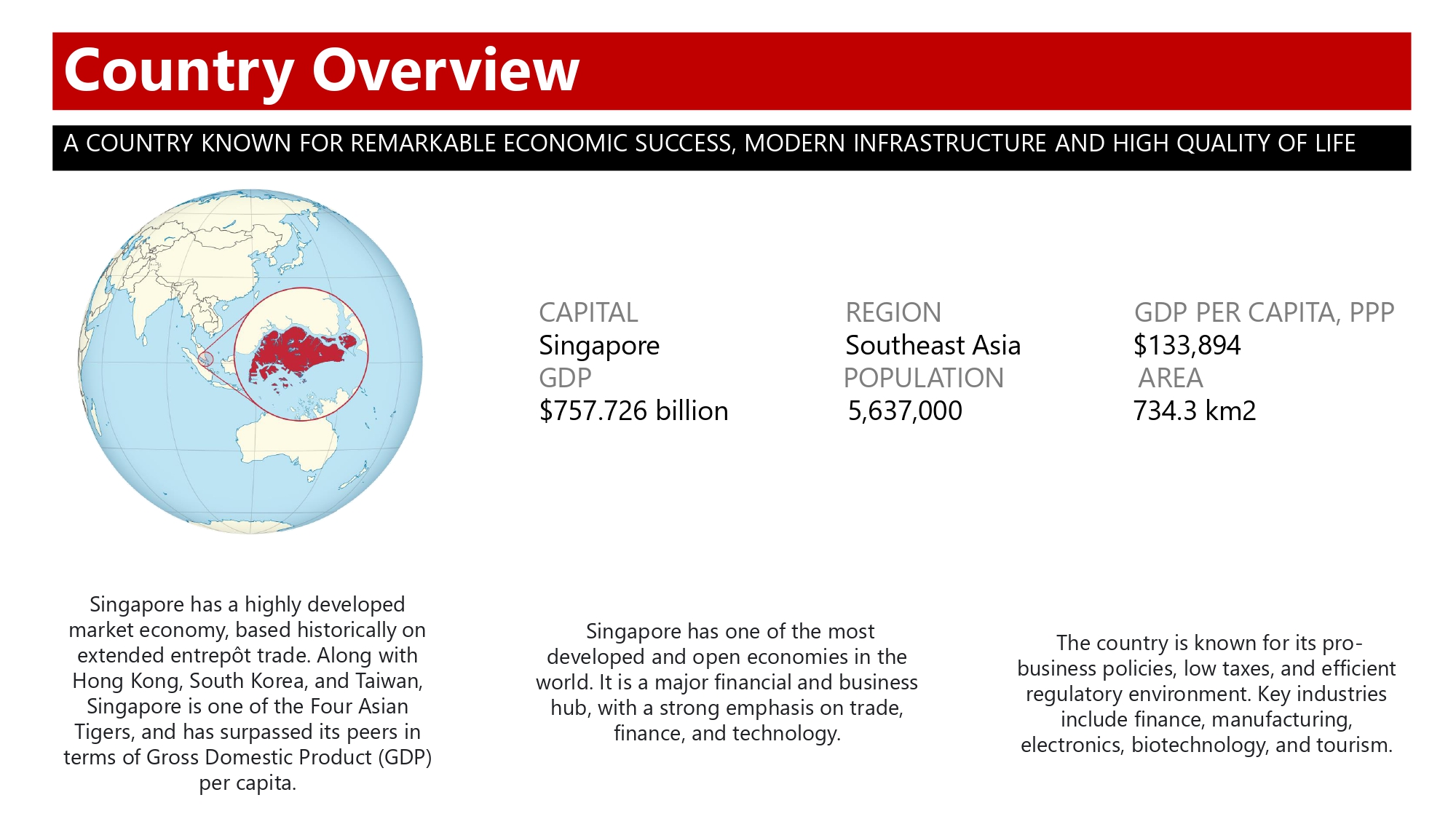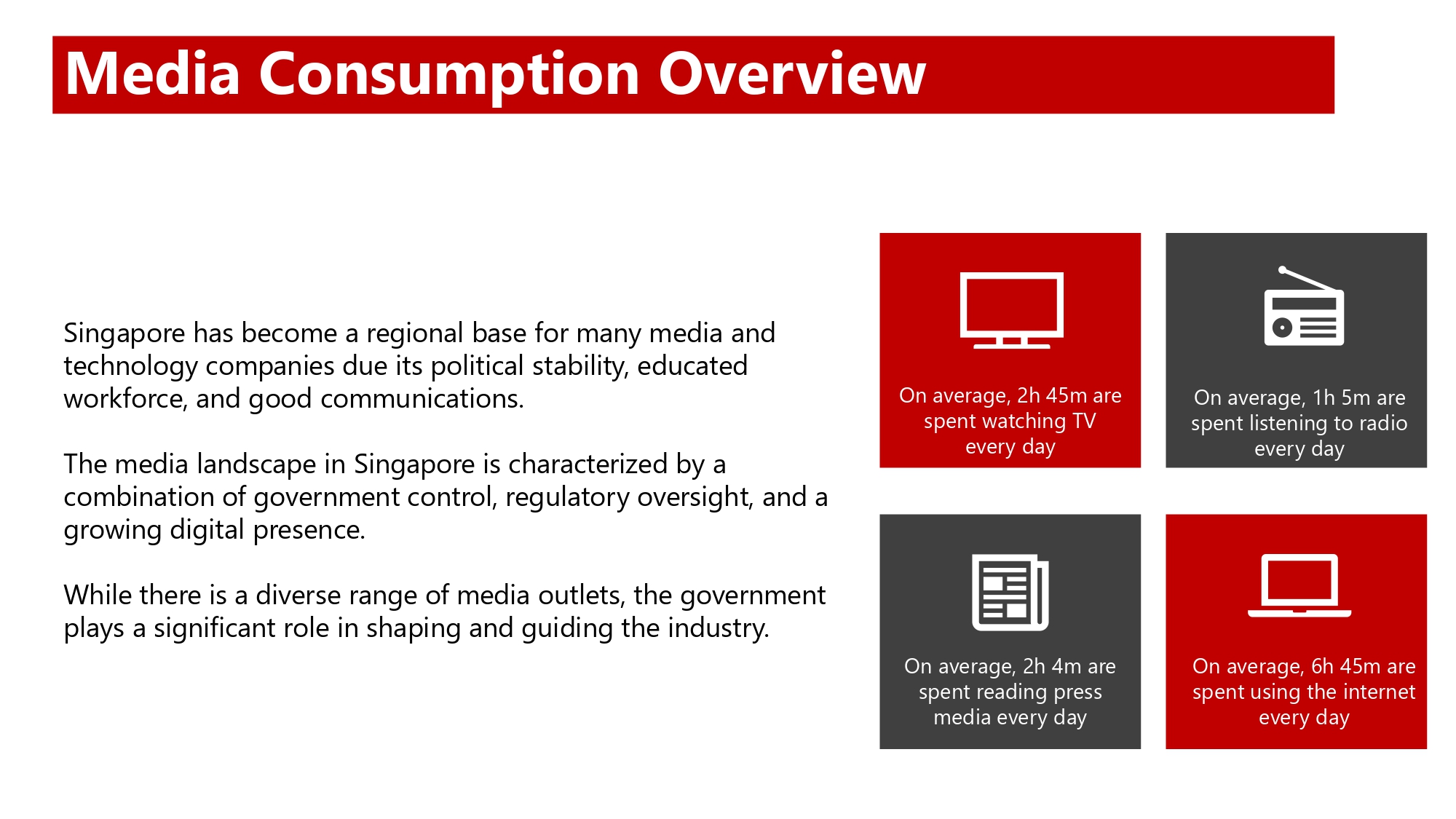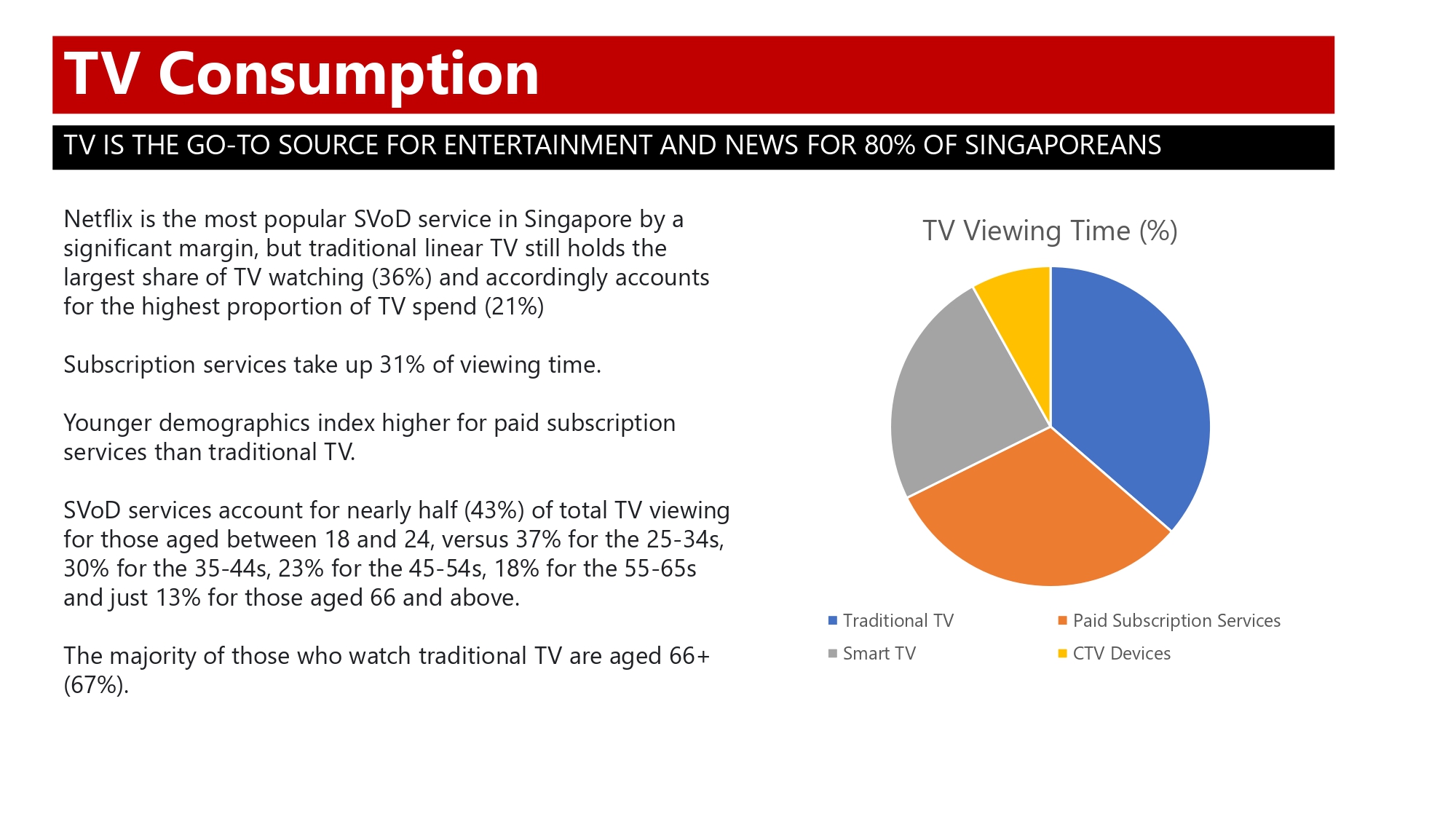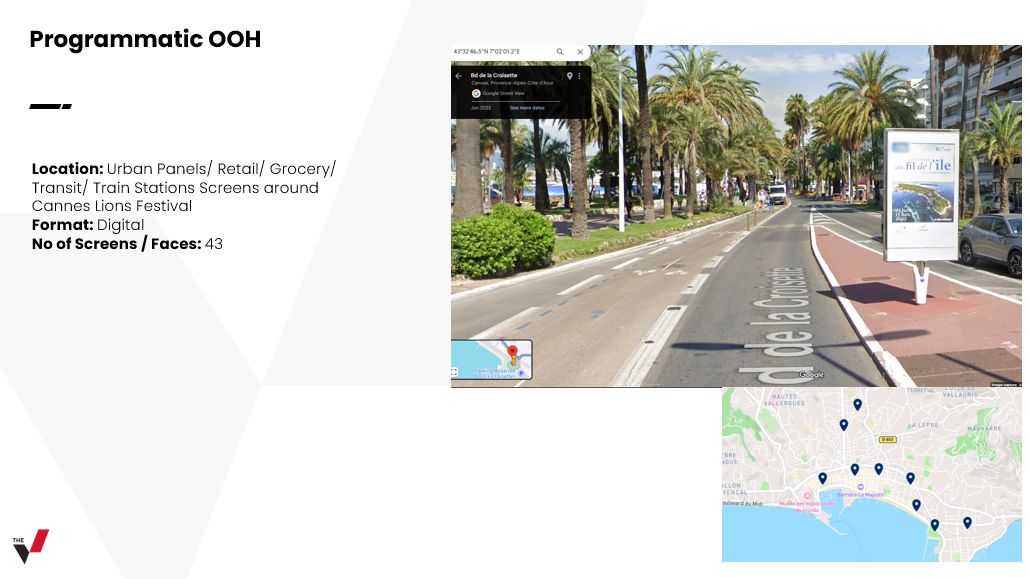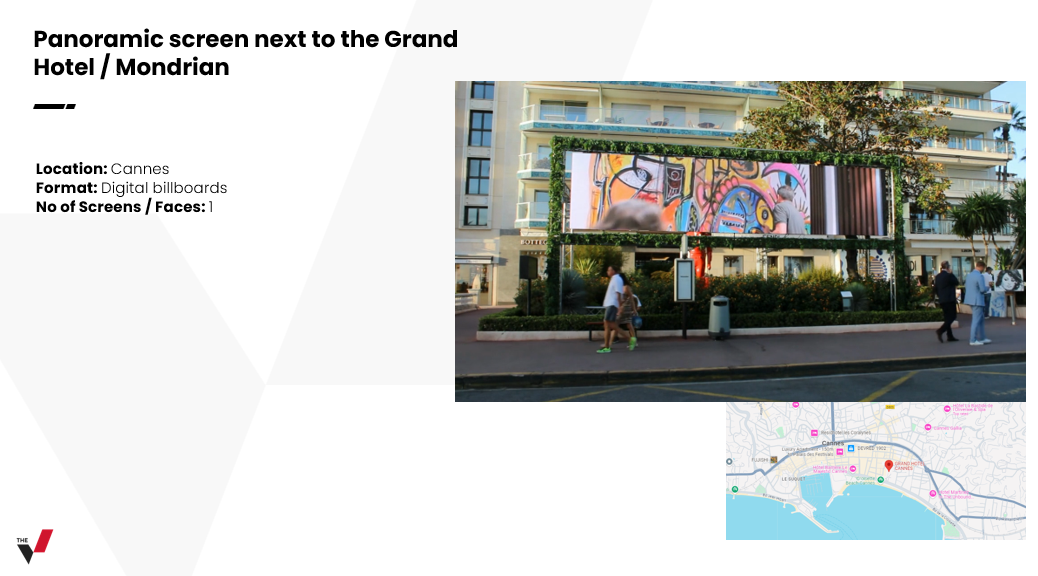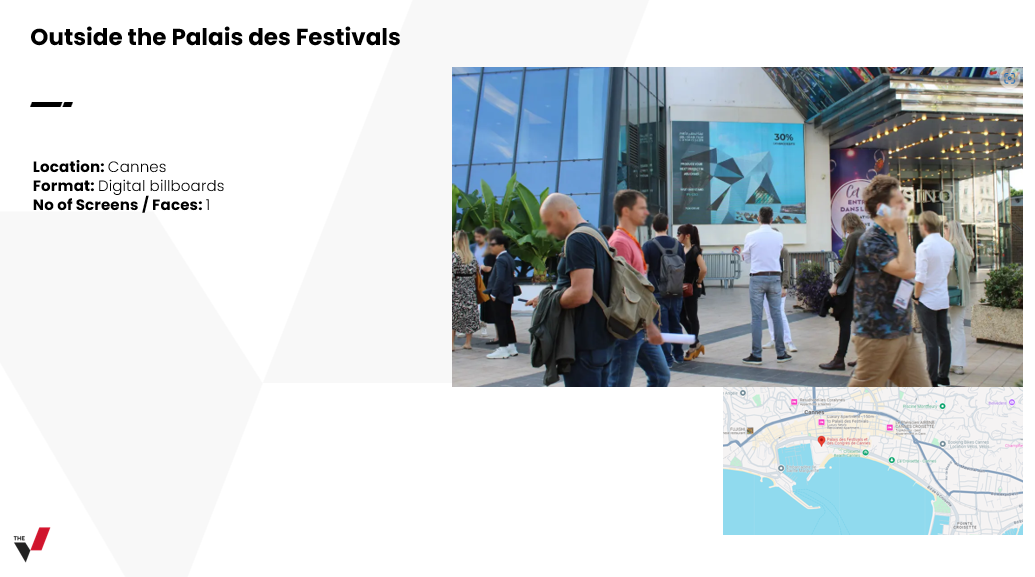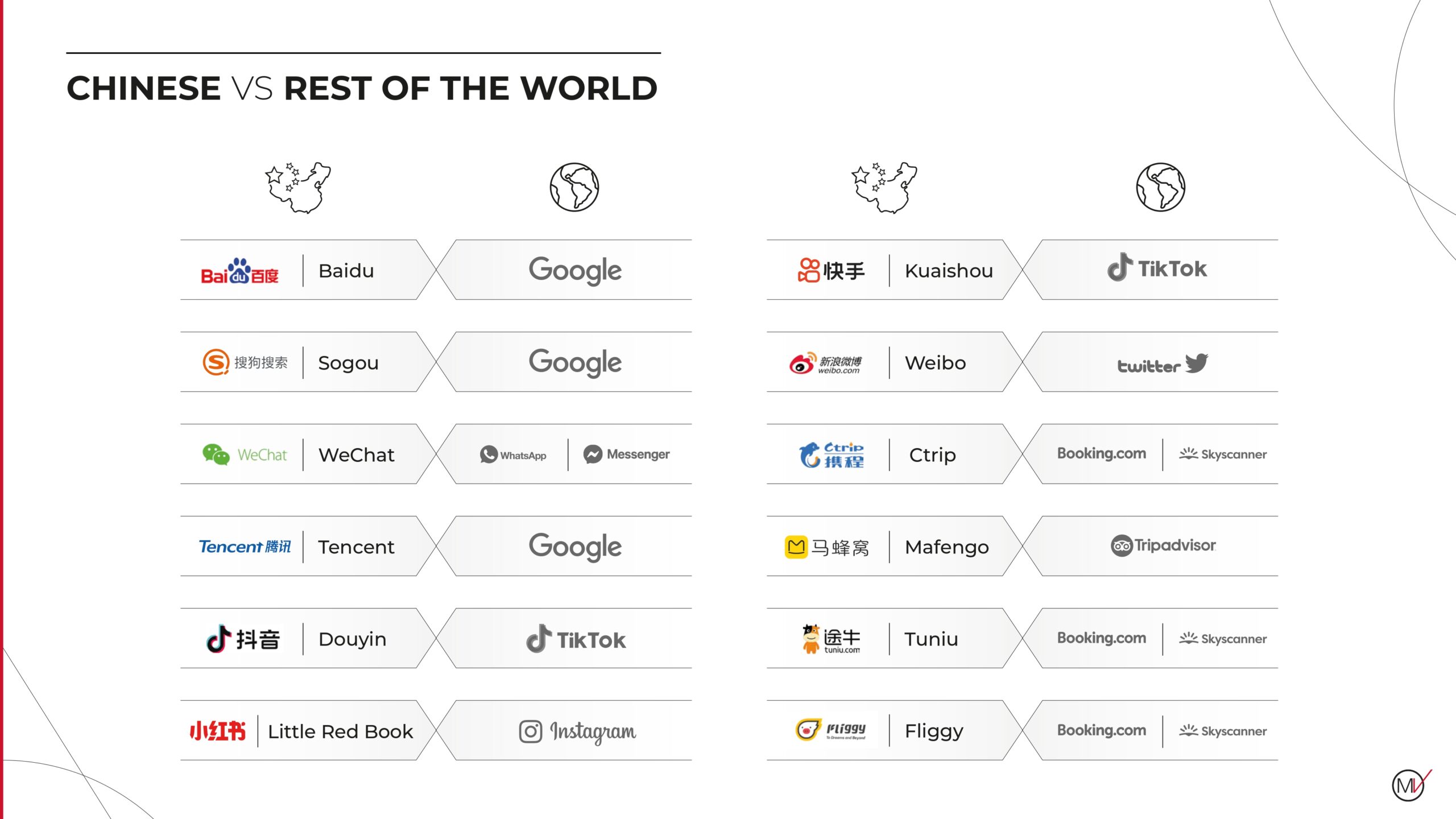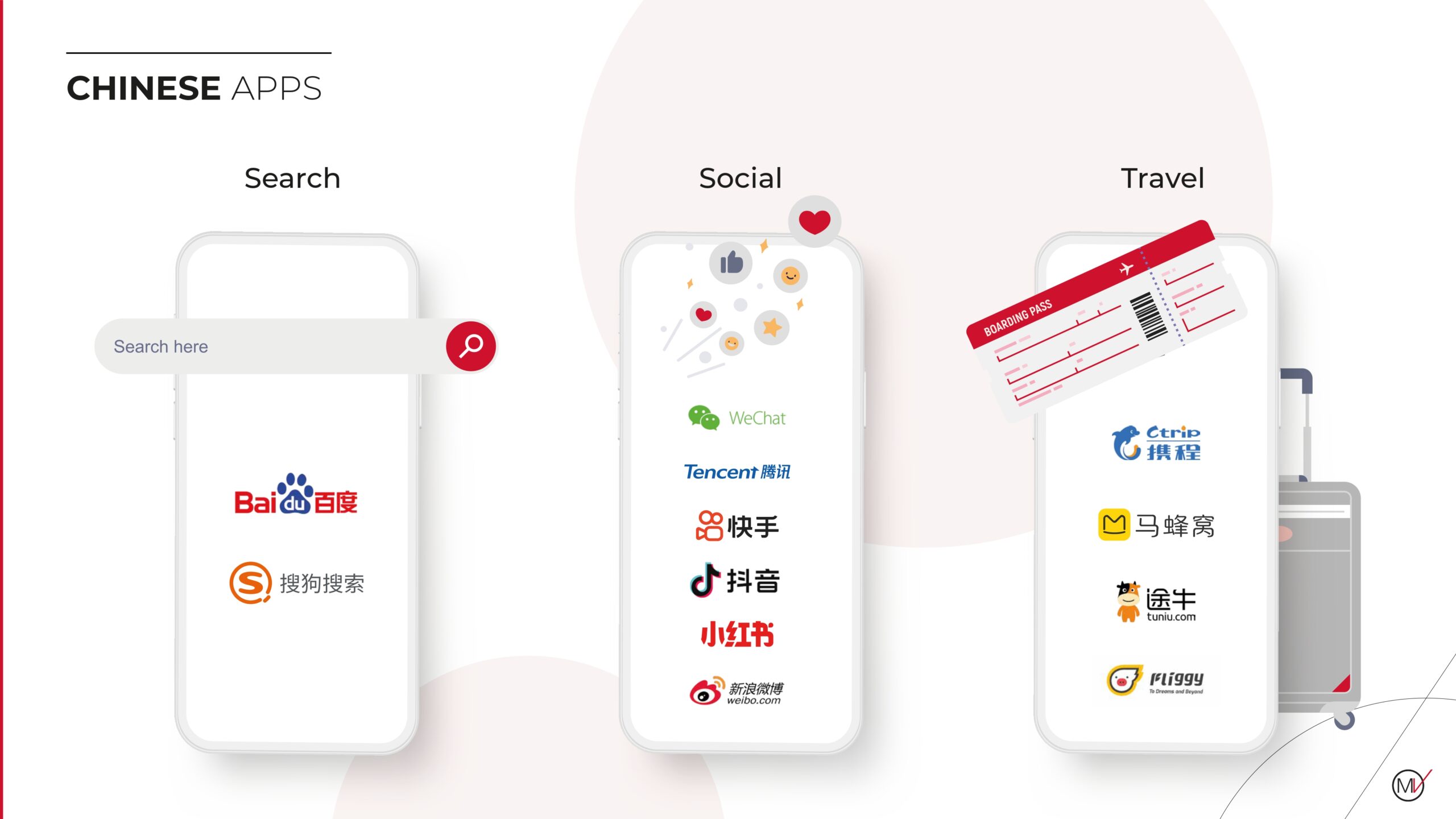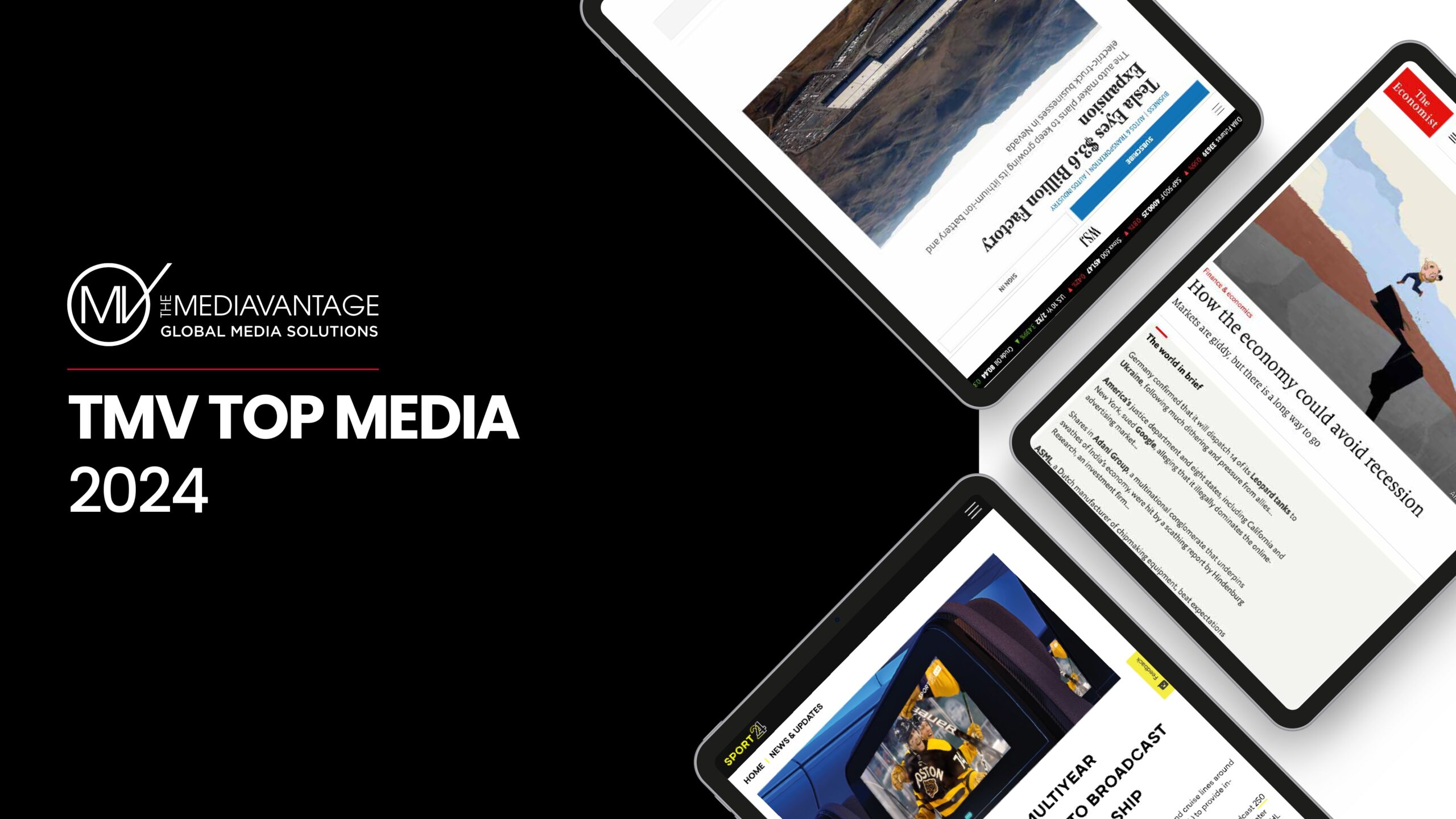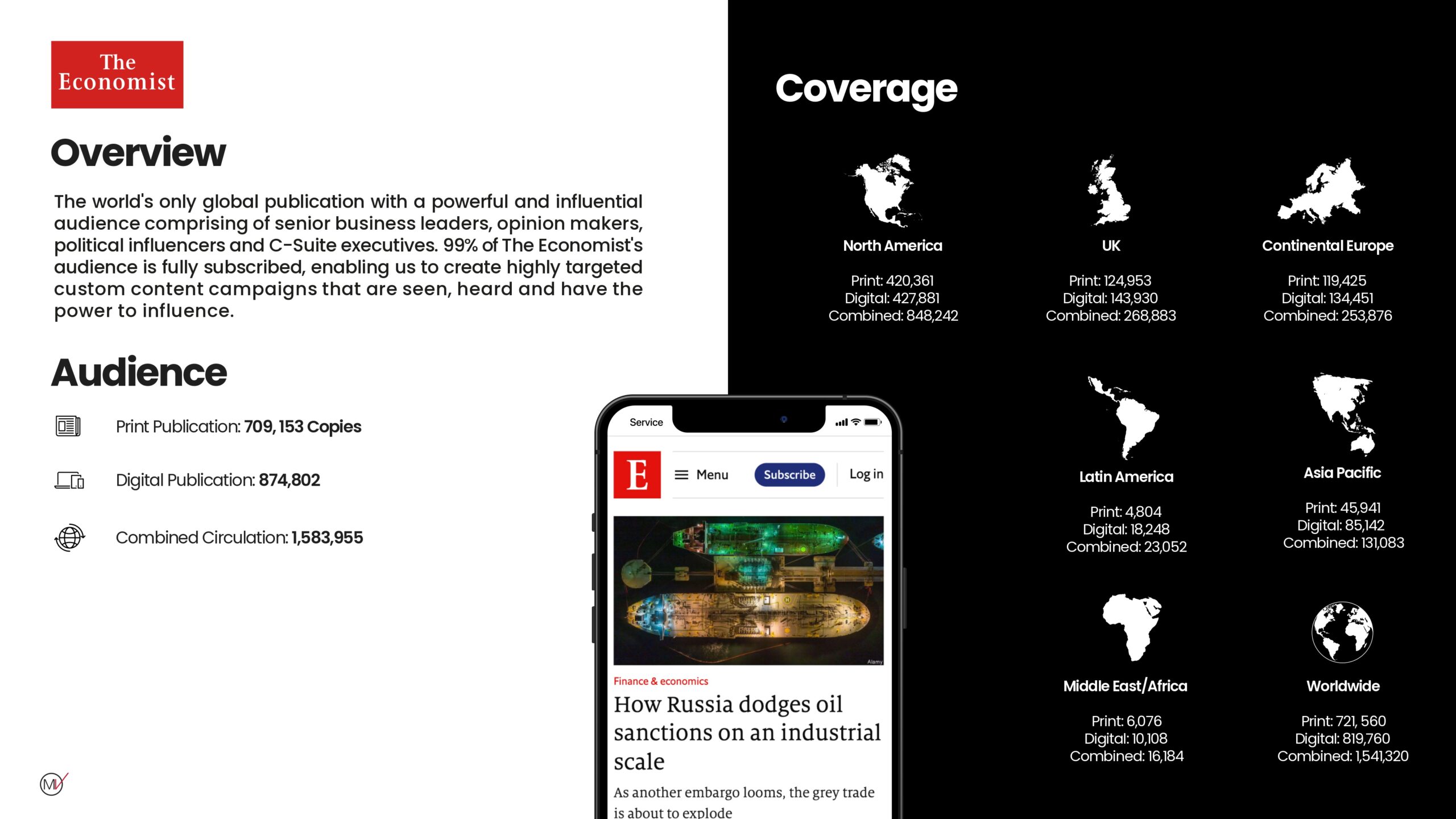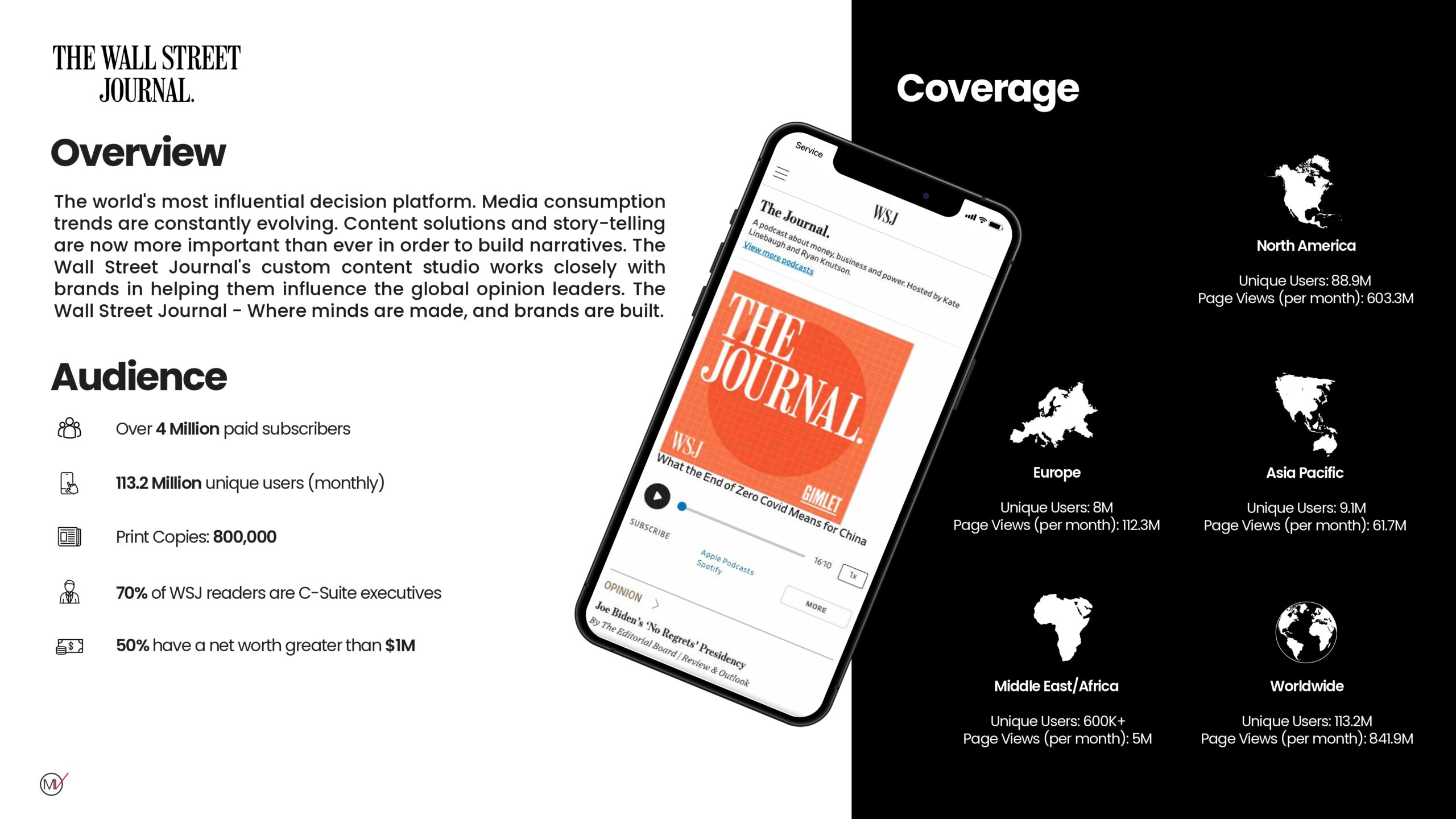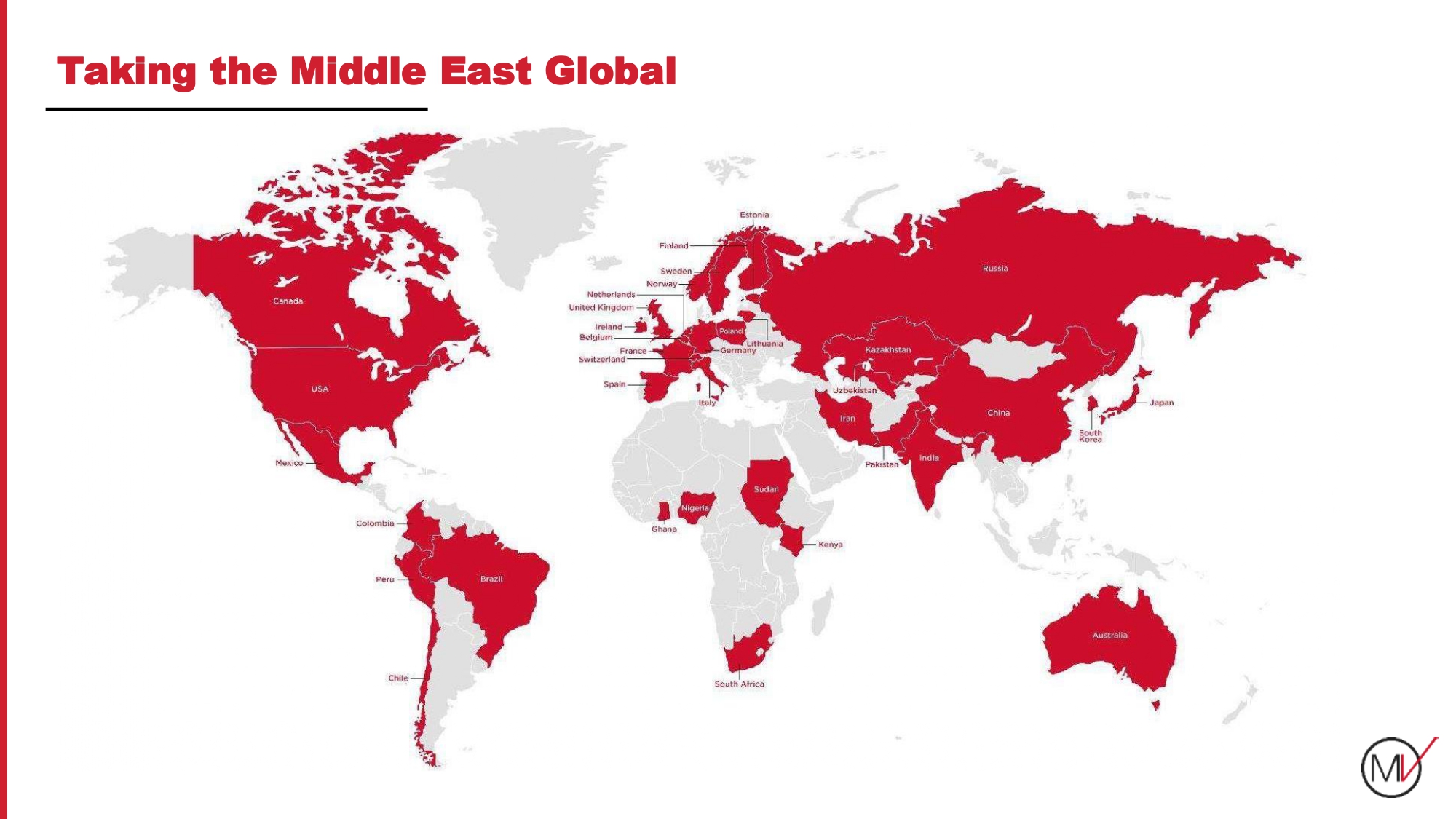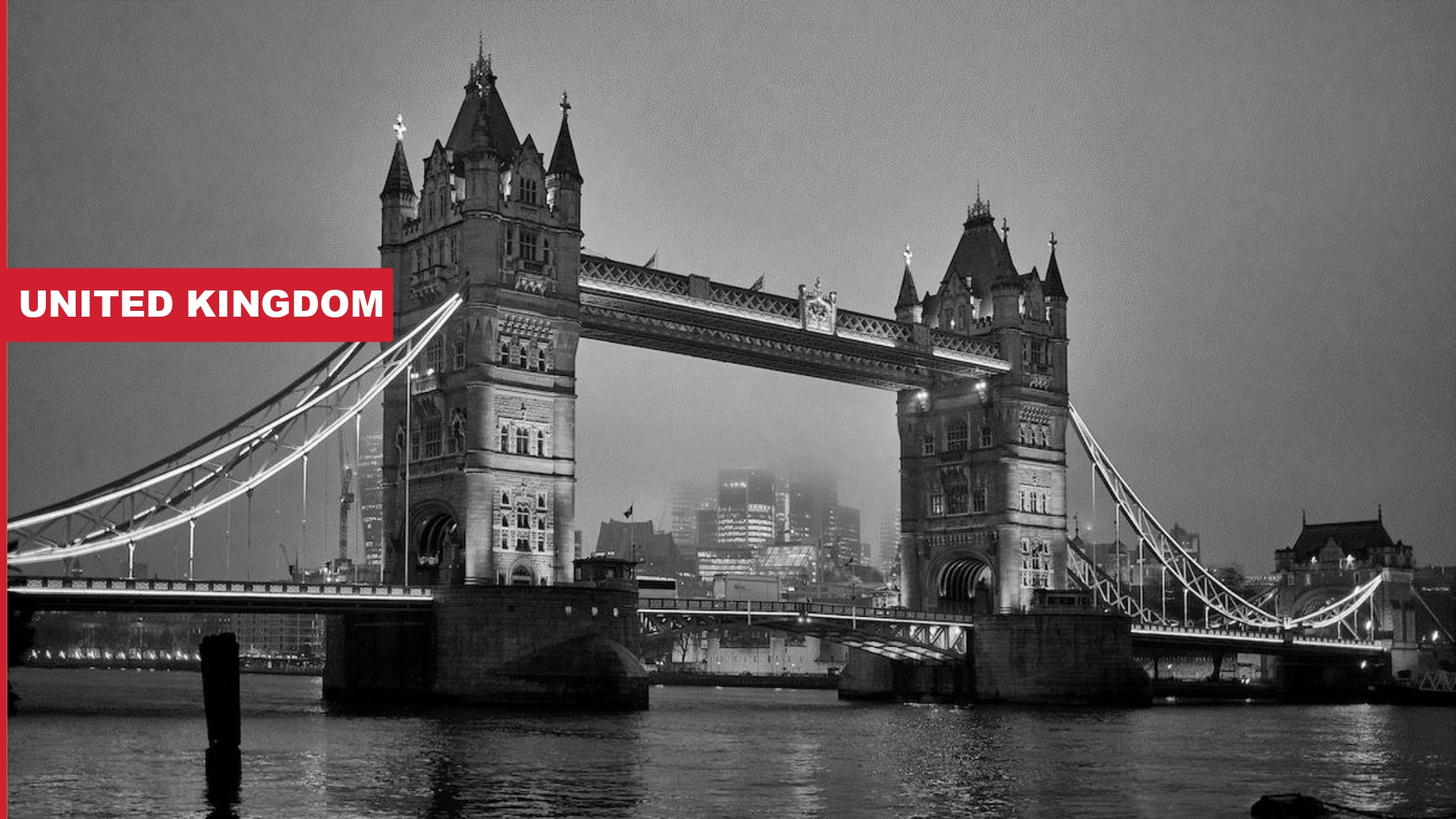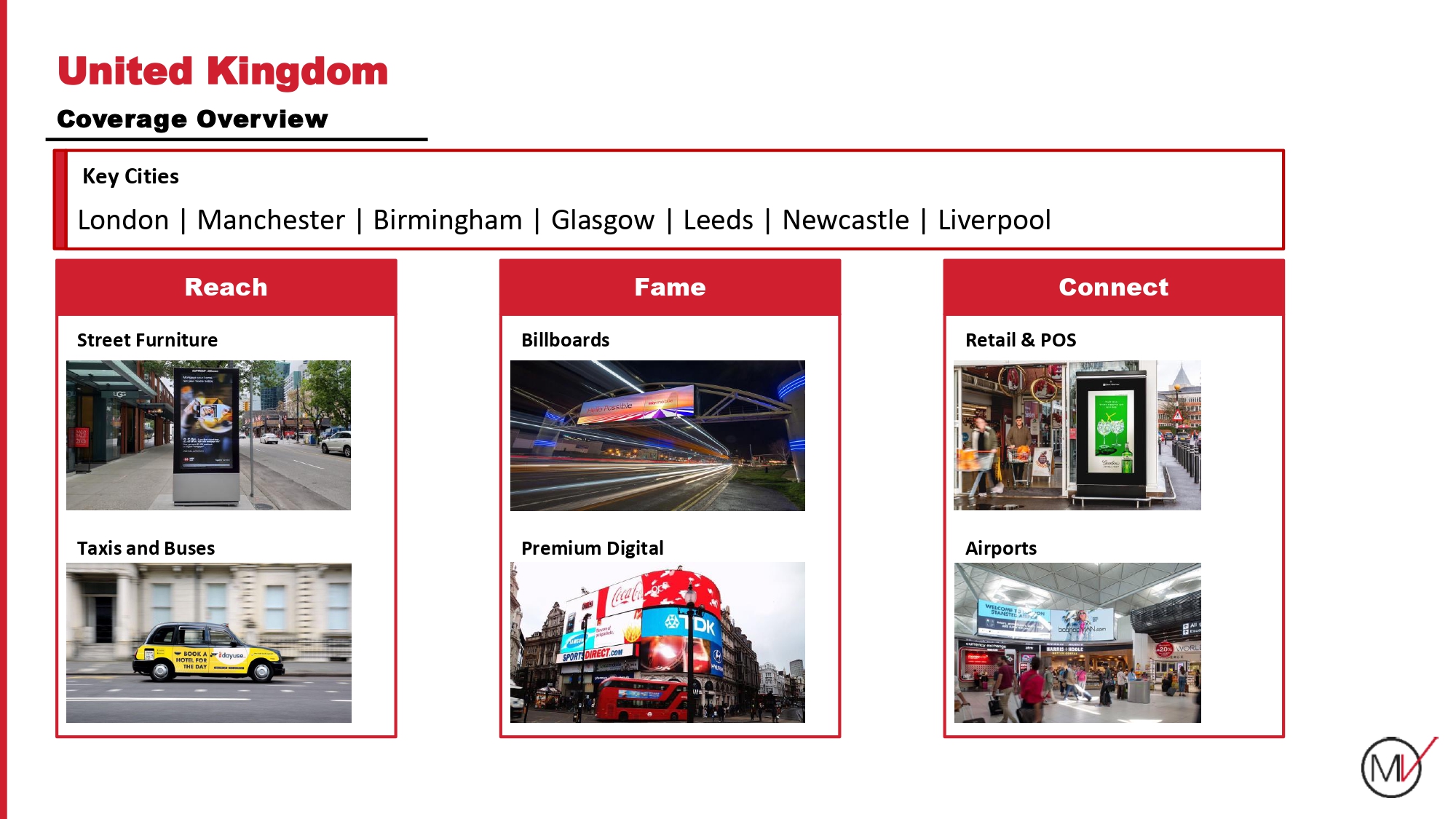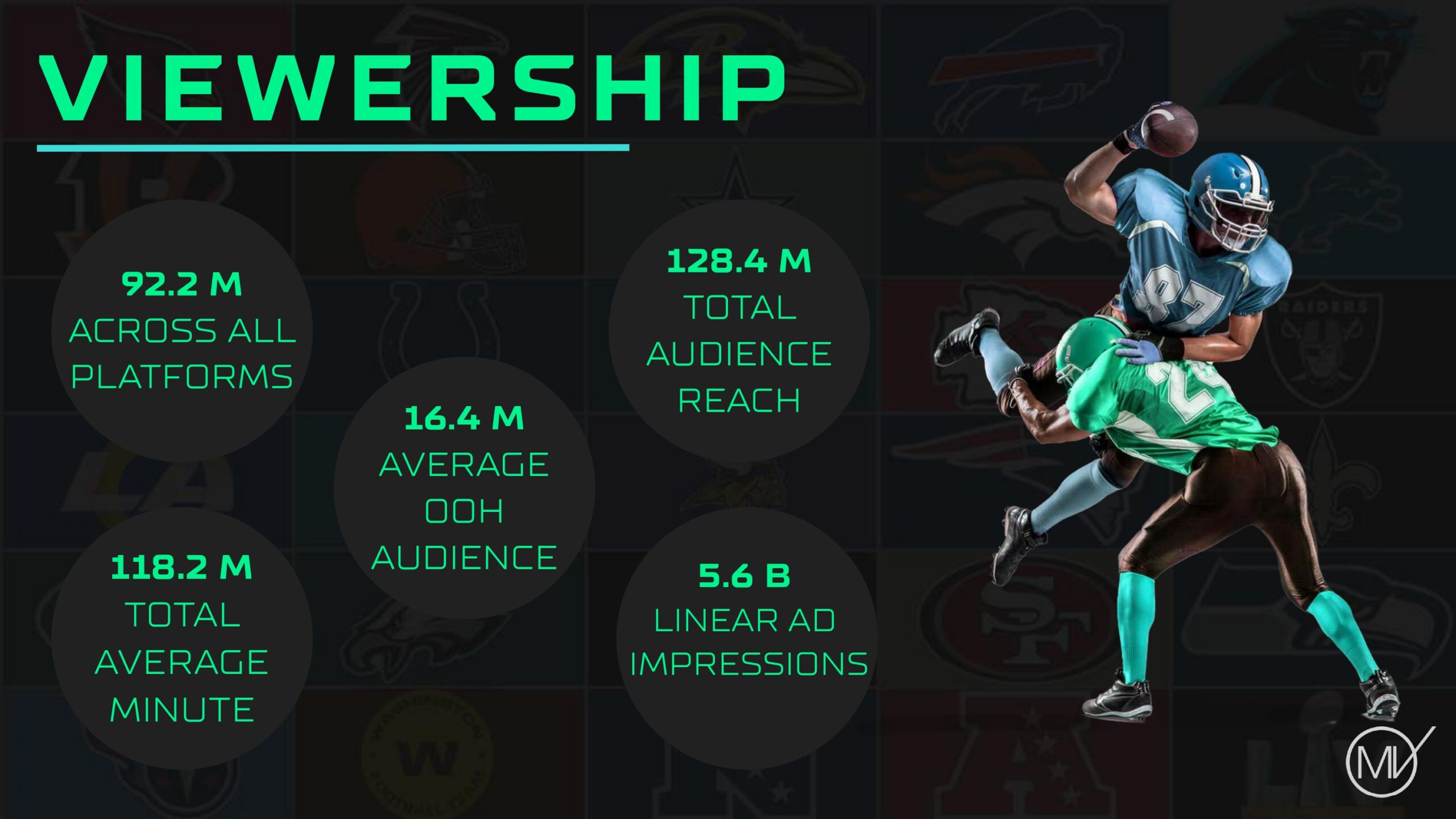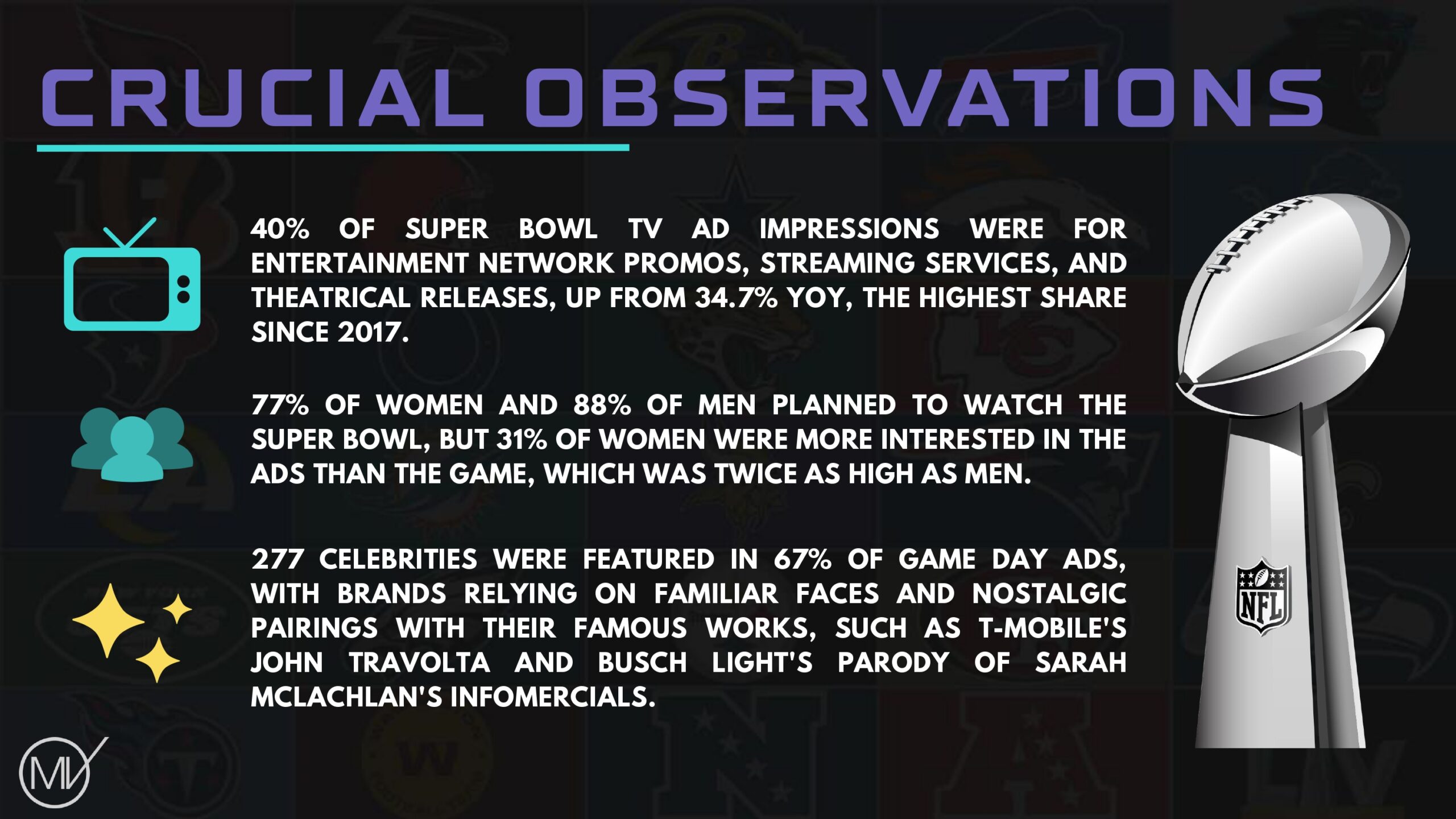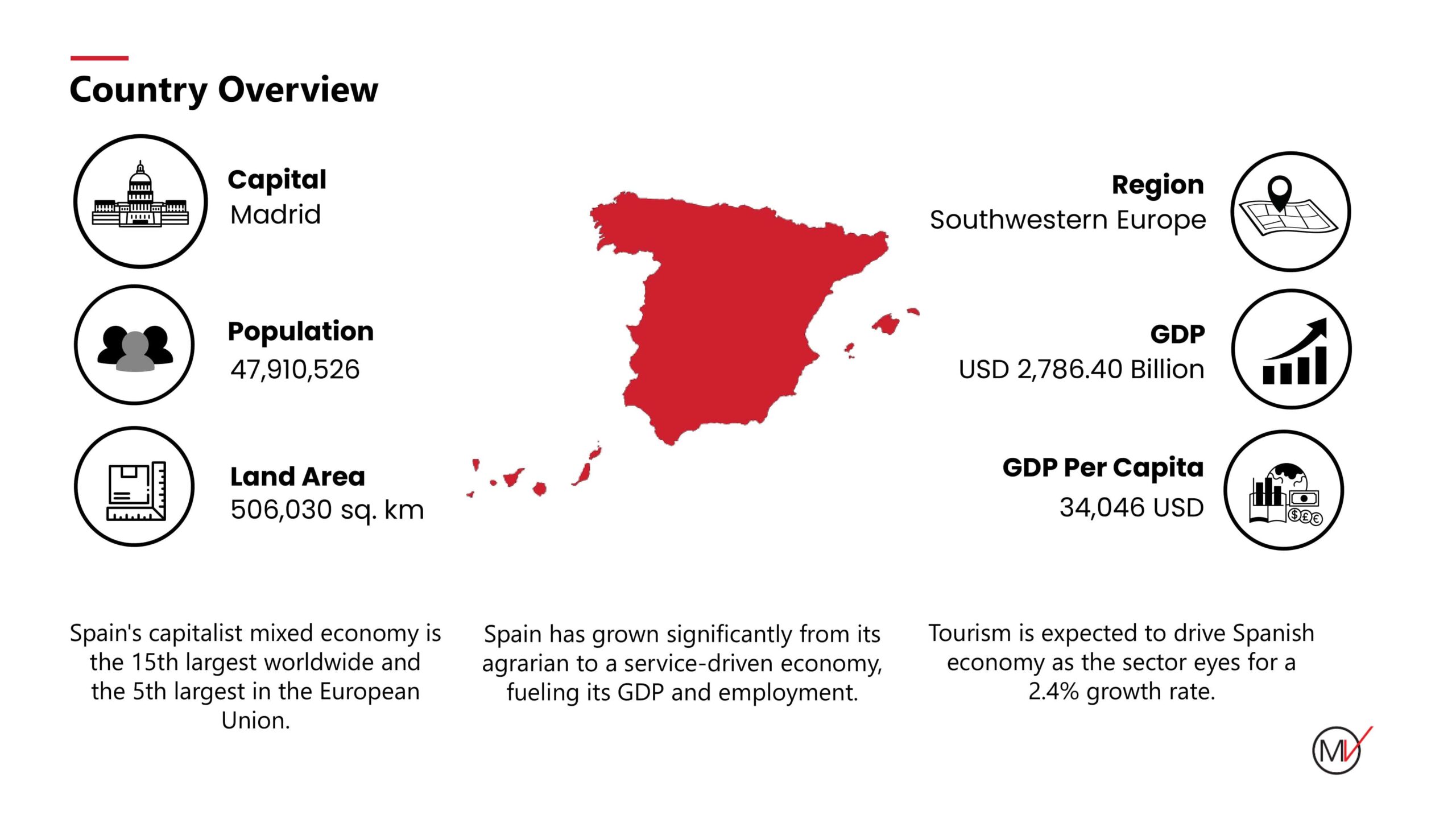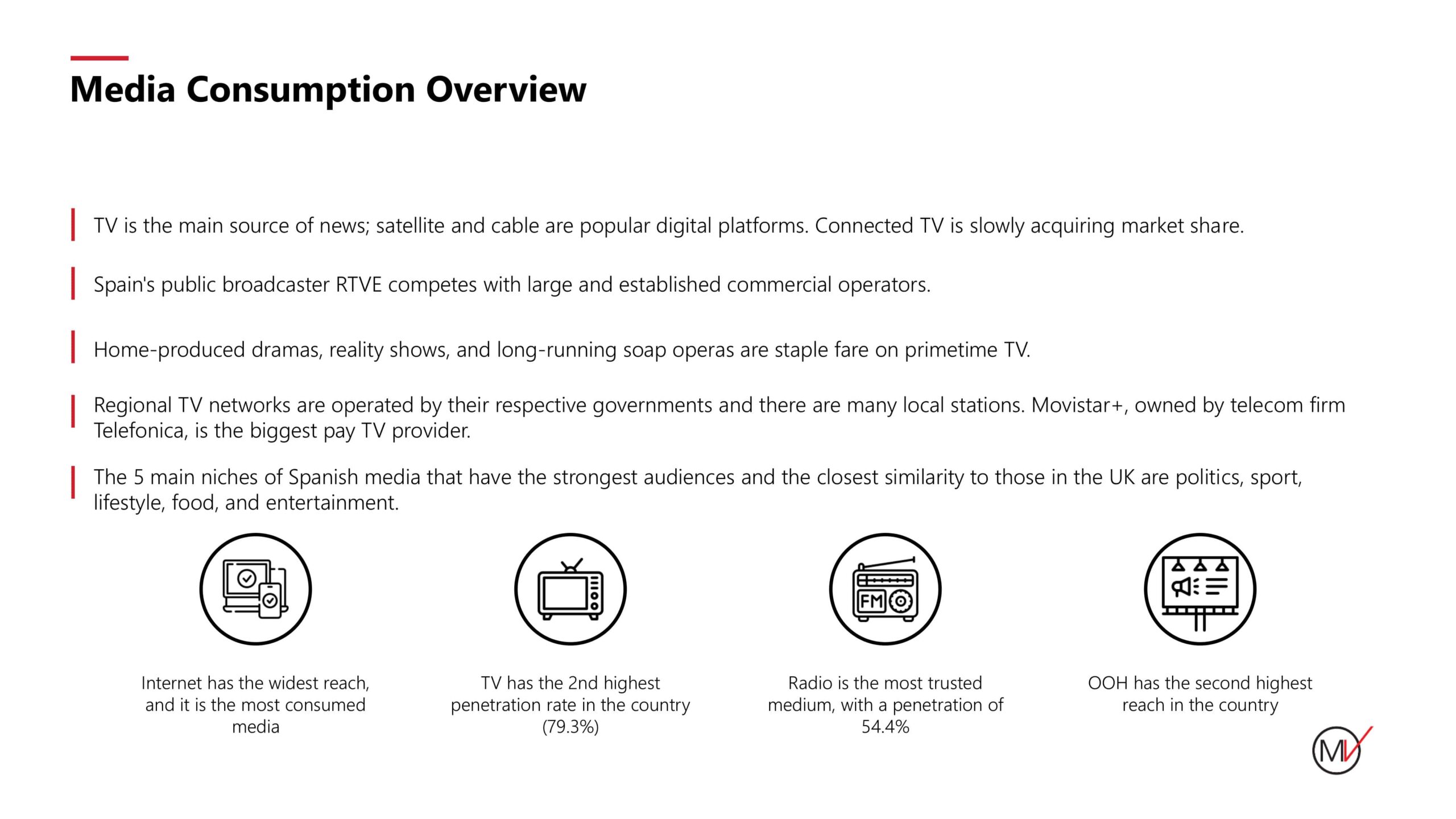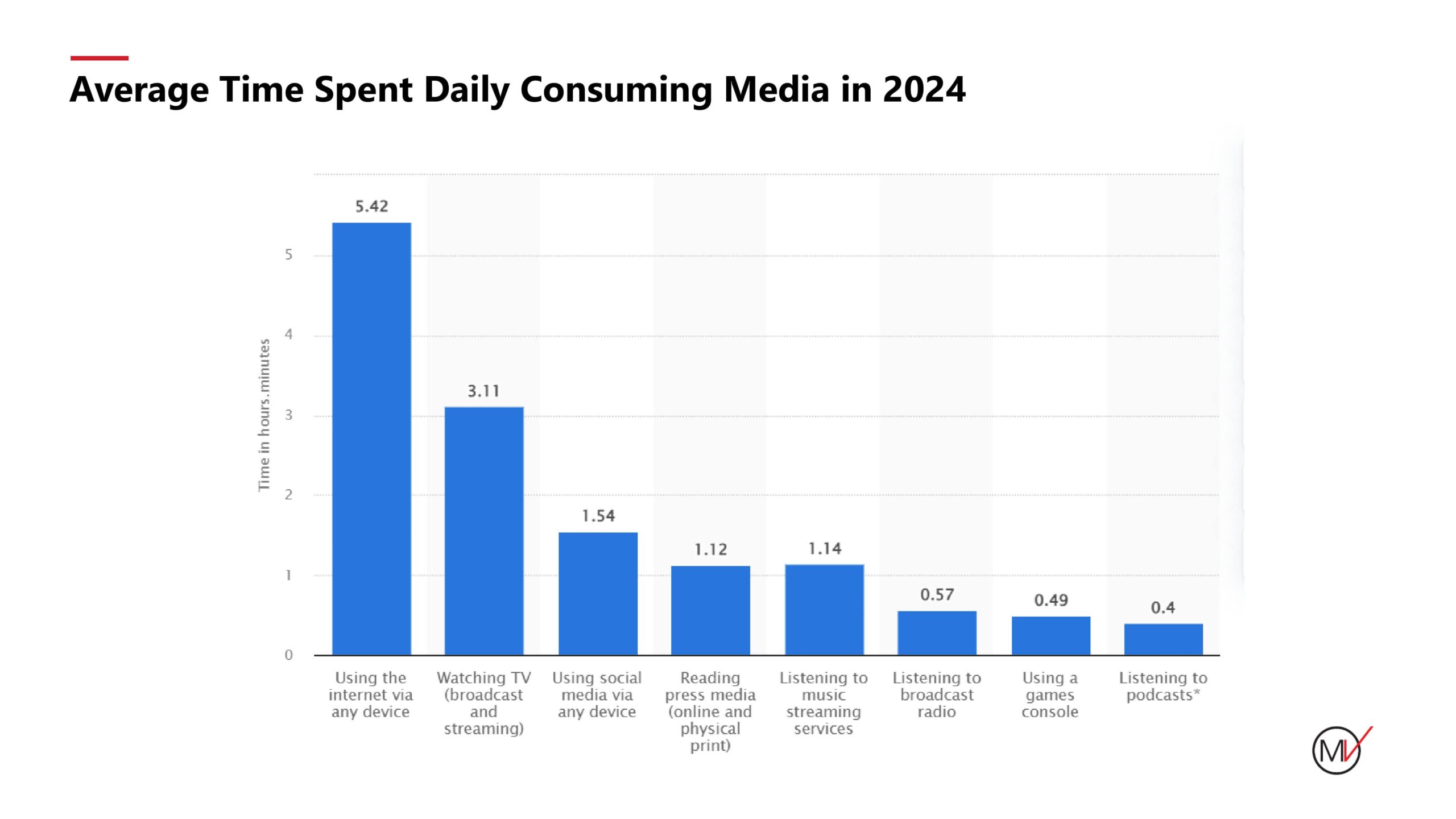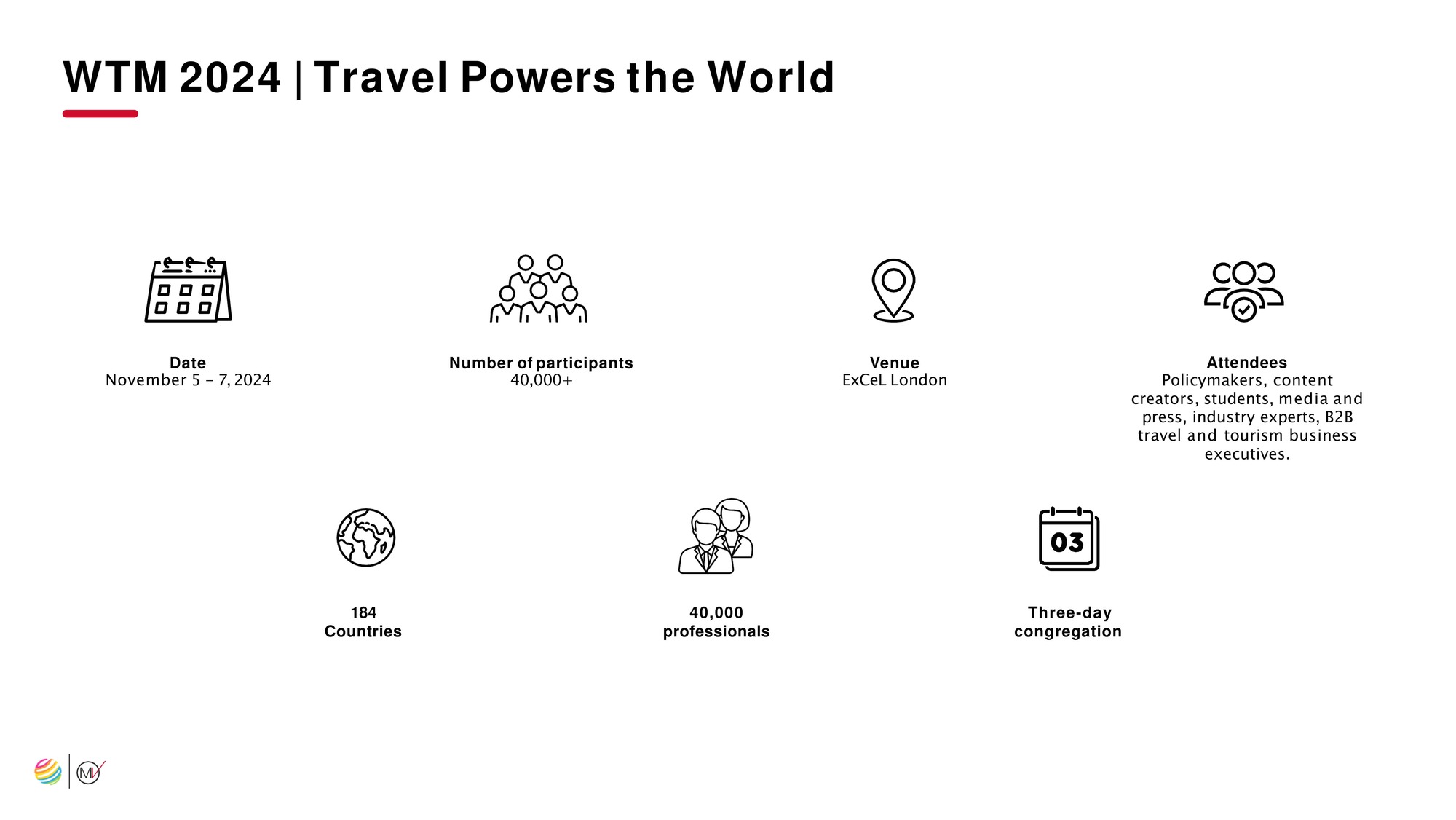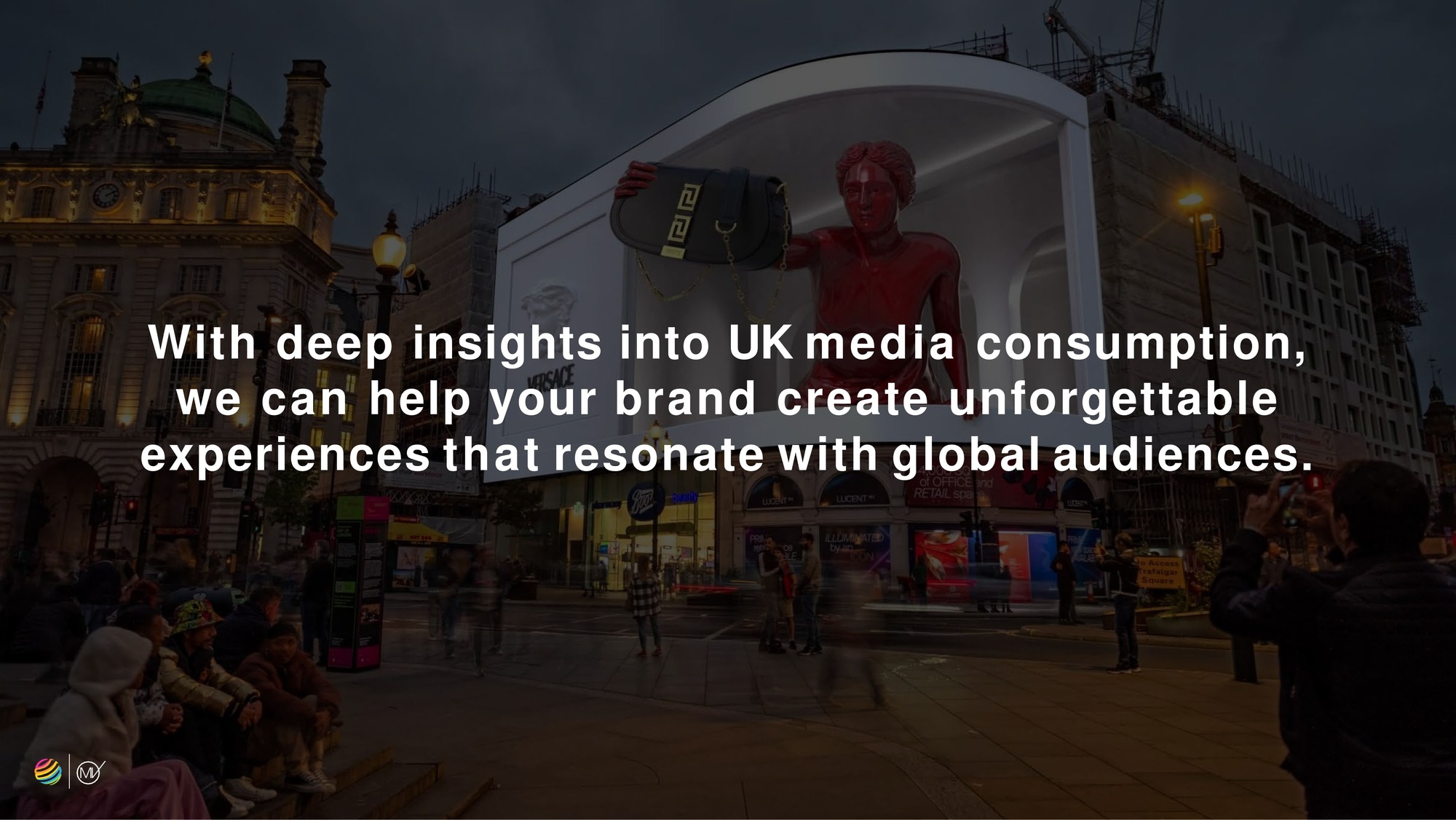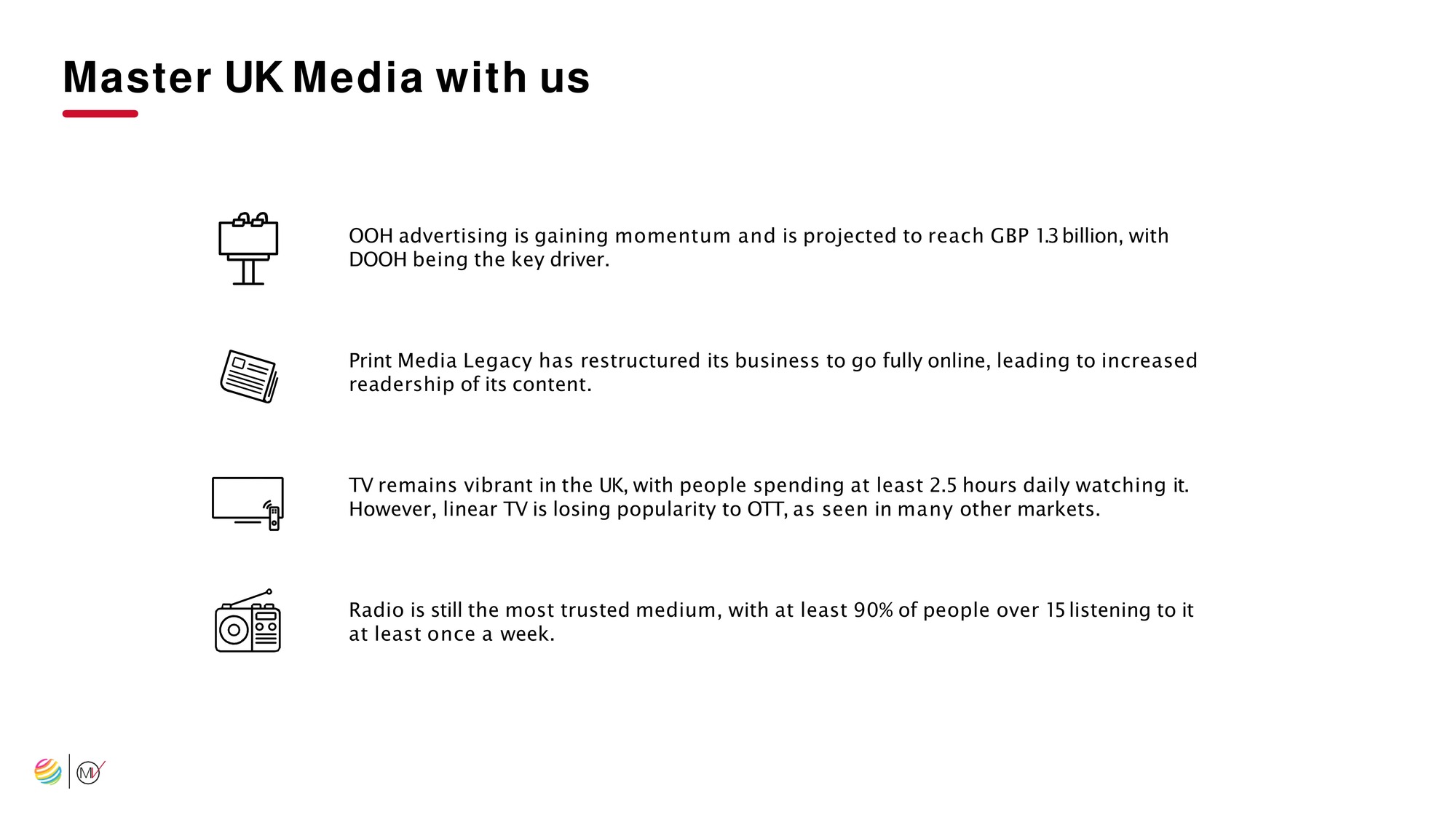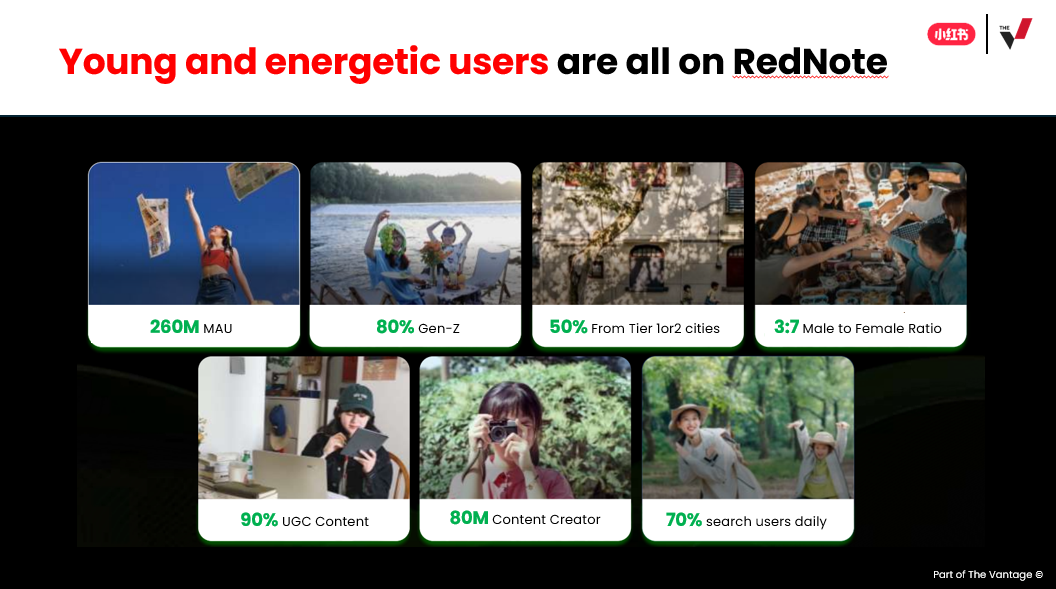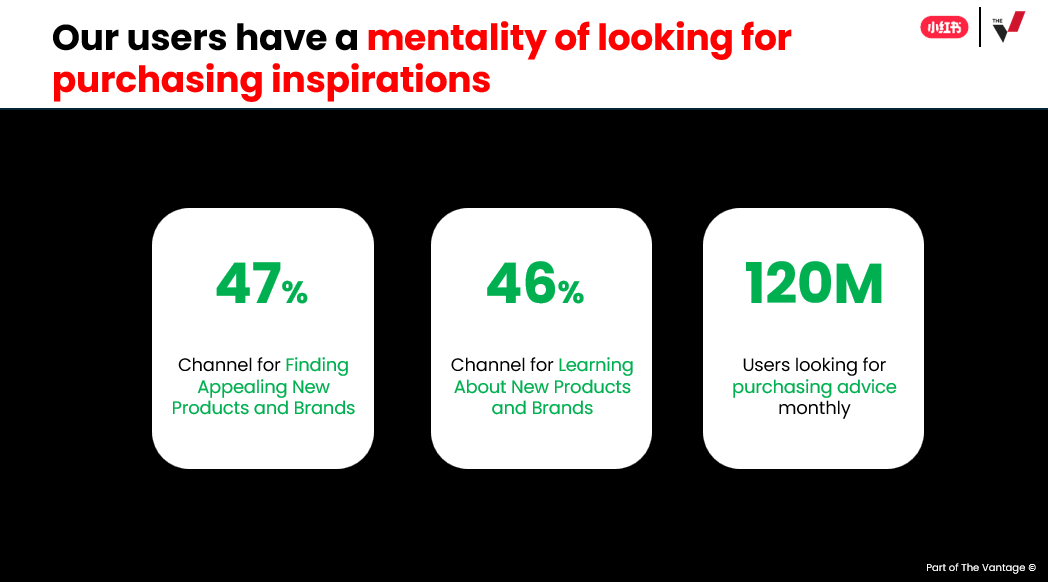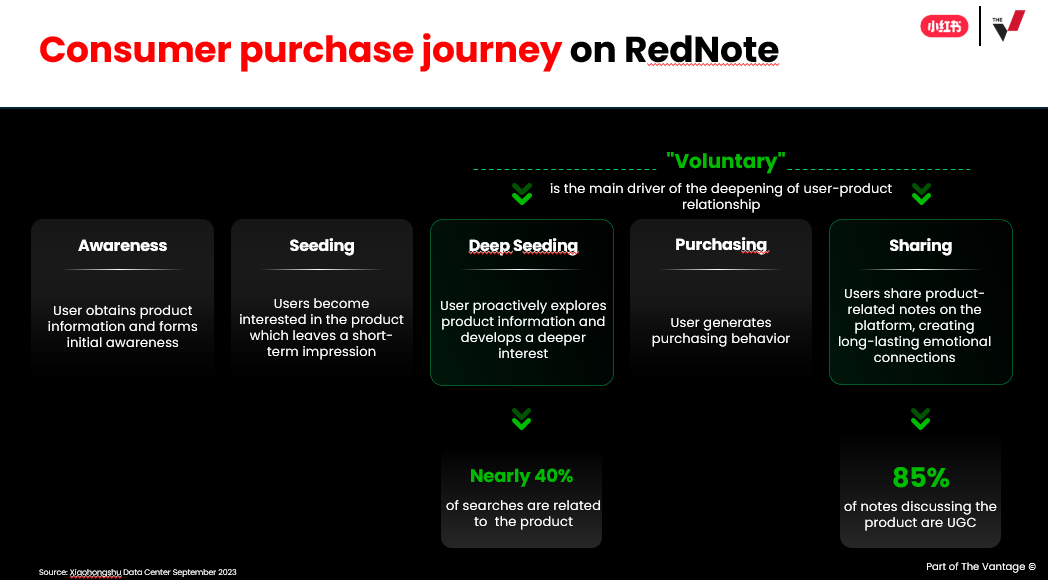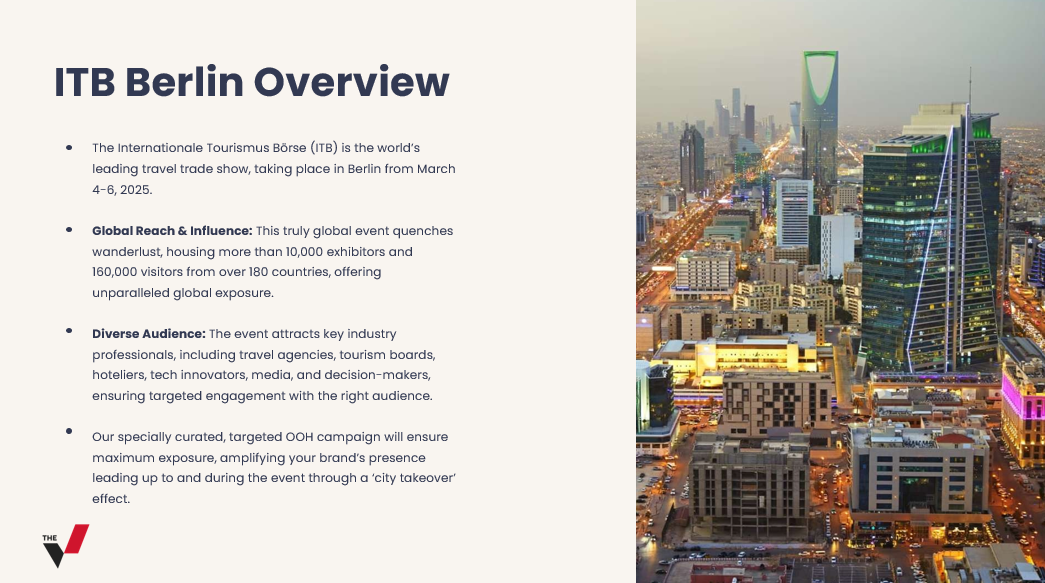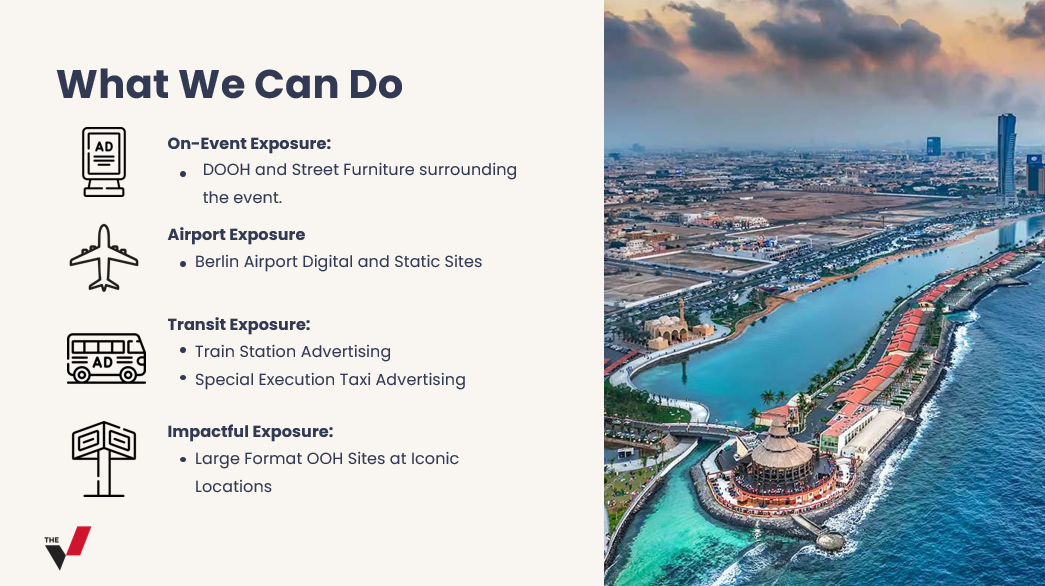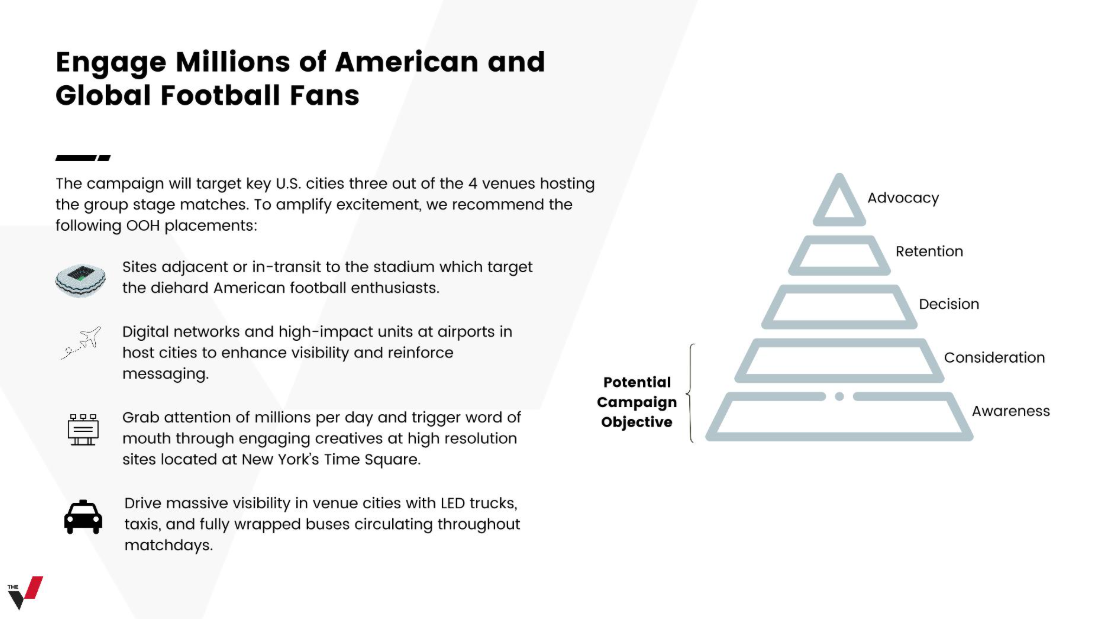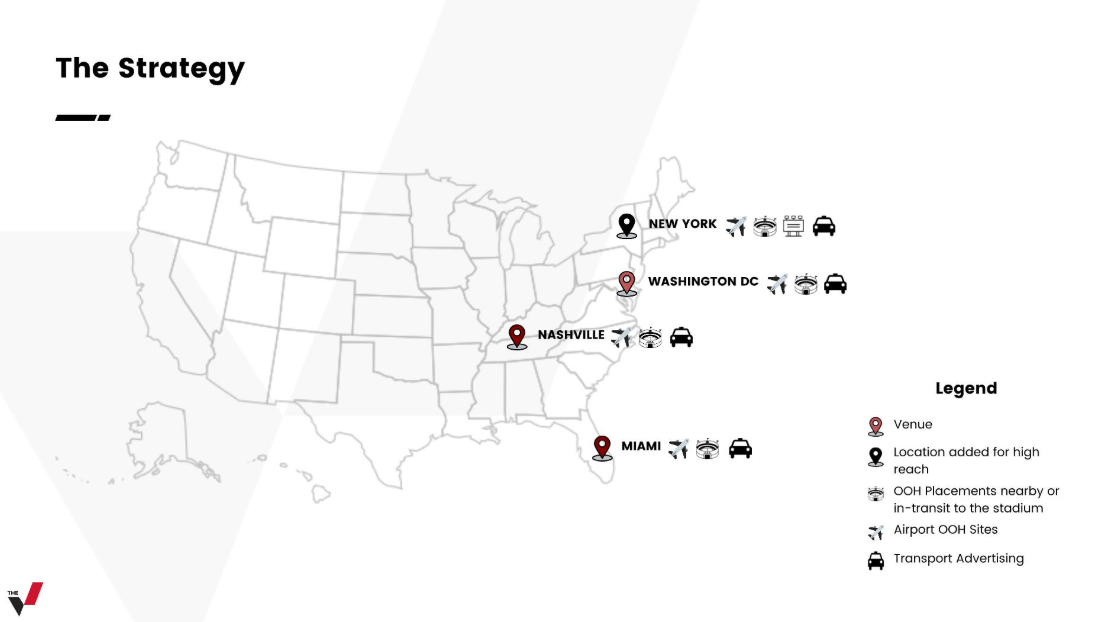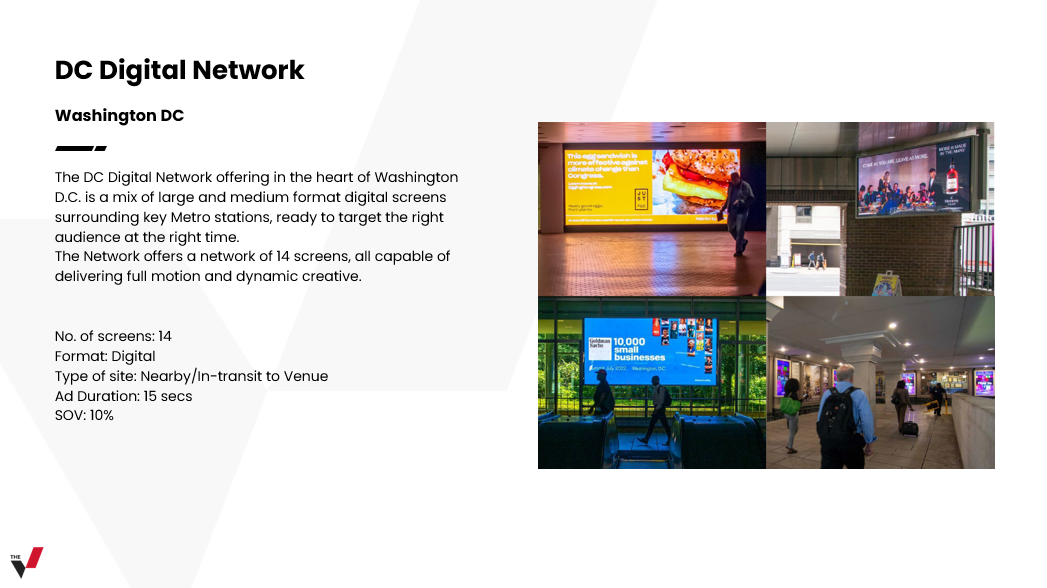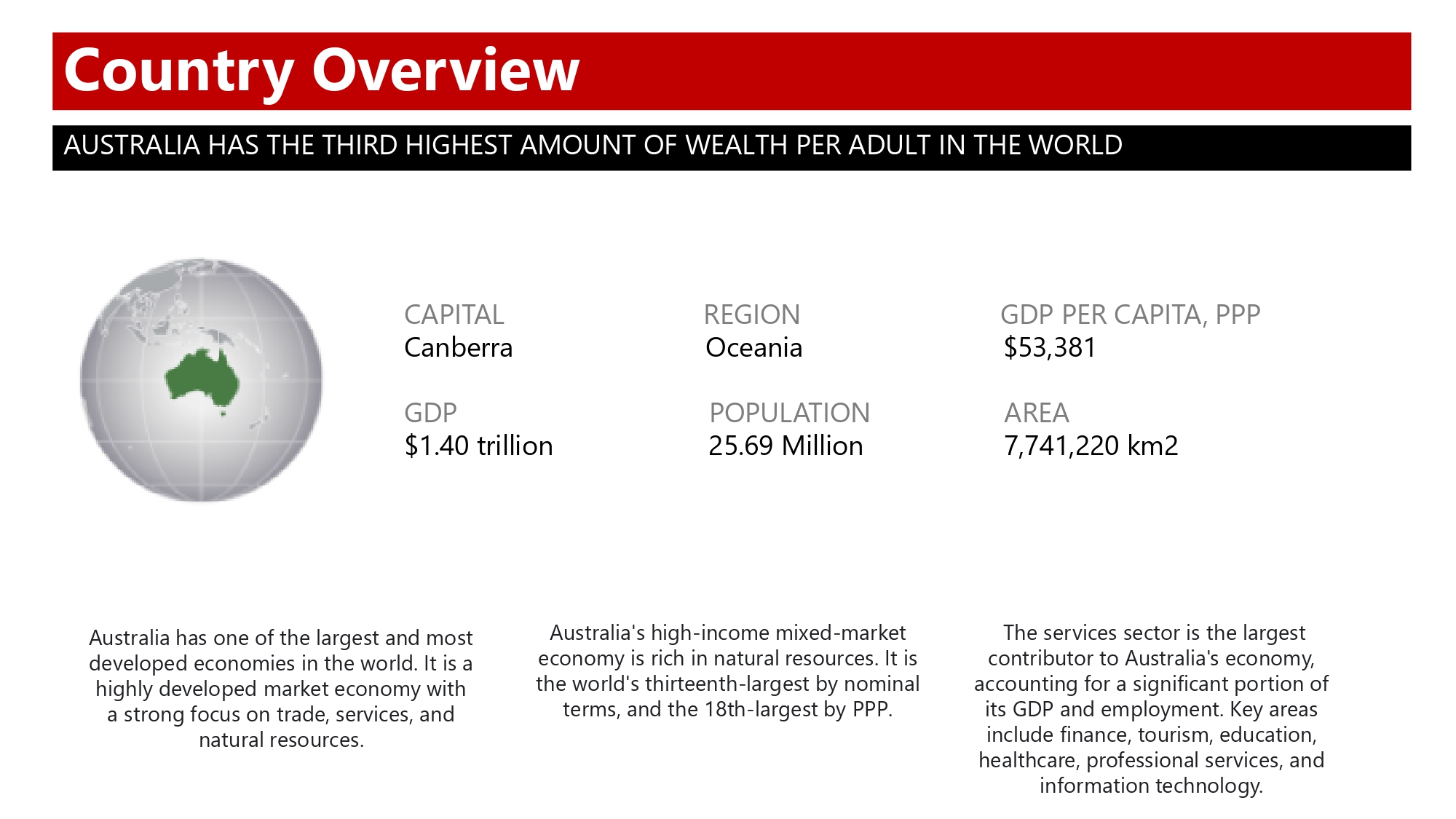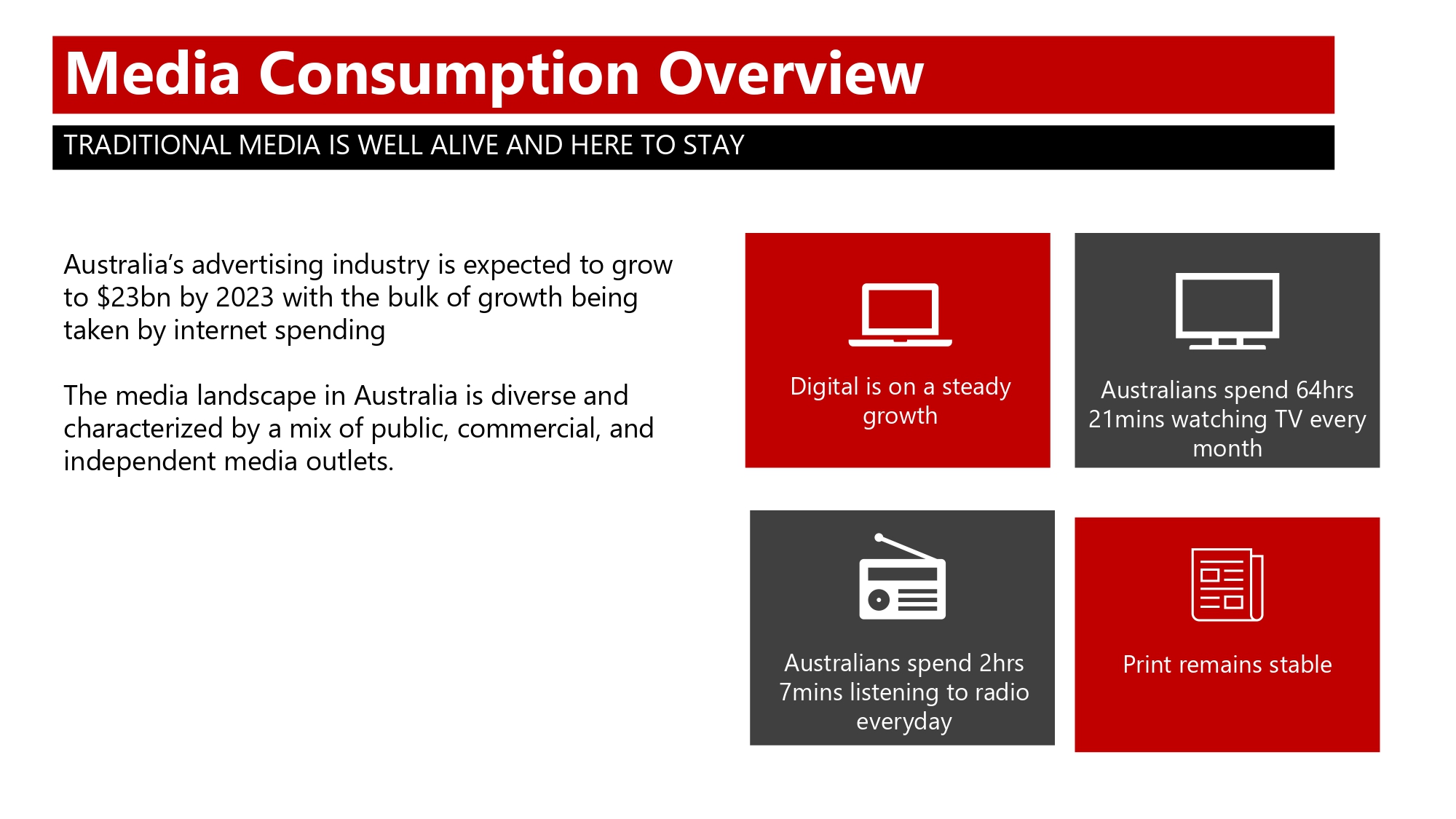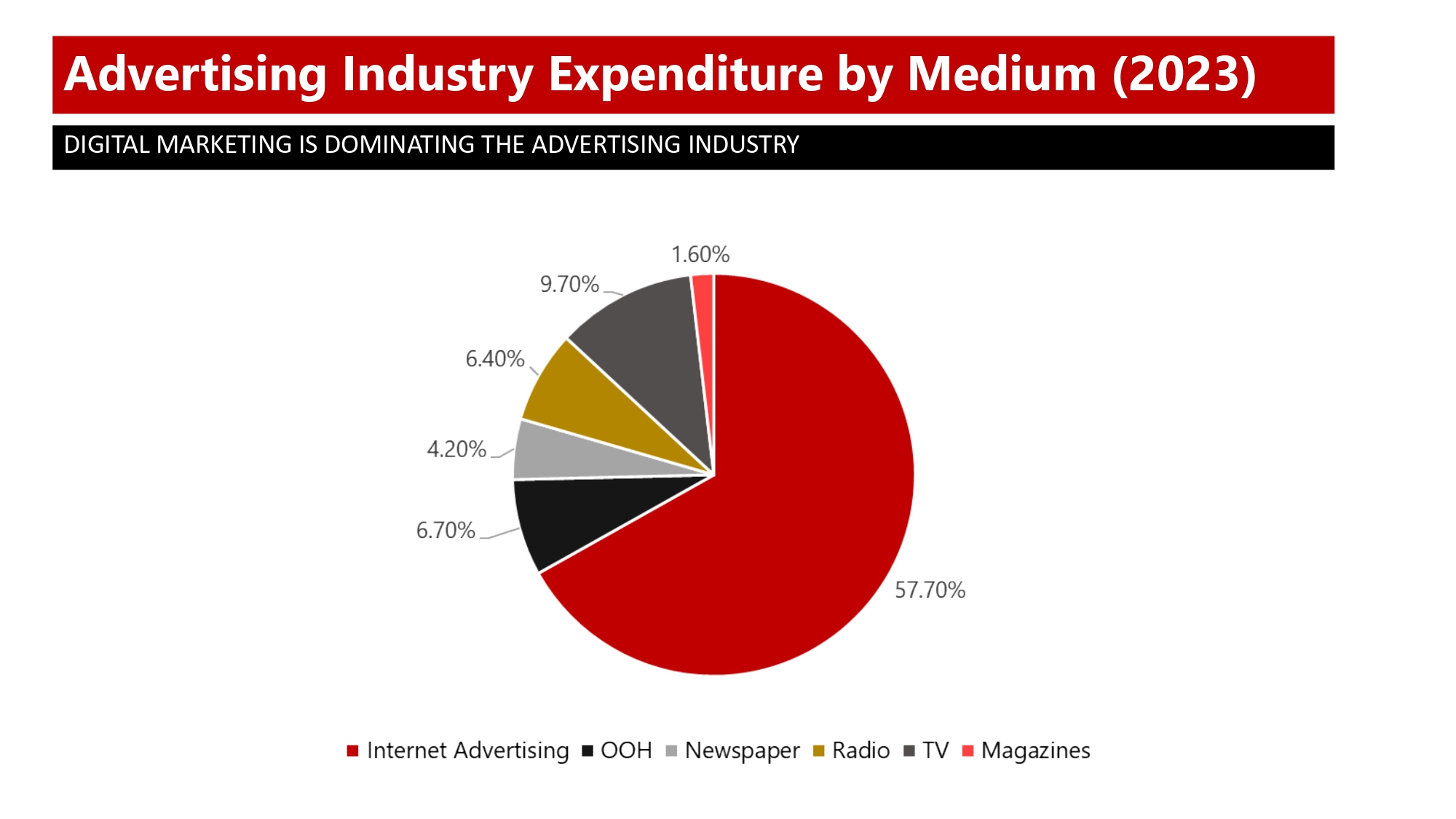COP29, the United Nations Climate Change Conference 2024, will be held from the 11th to 24th of November in Baku, Azerbaijan.
The preceding COP28 event, which was held in the United Arab Emirates in 2023, attracted roughly 90,000 attendees – along with heads of state, key government officials, global industry leaders, personal area representatives, educational organizations, and non-state actors.
COP29 emphasizes the interdependence of climate action and sustainable development to create a more resilient and equitable world. Its impact will extend to clean energy, sustainable cities, and biodiversity conservation, highlighting the collective responsibility to protect the planet.
Here are the cutting-edge trends in Media and Sustainability to look out for:
Media Trends
Amplifying Voices of Climate Justice:
COP29 brings a stronger focus on climate justice, with media platforms amplifying the voices of those most affected by climate change. Indigenous groups, youth activists, and frontline workers are gaining greater visibility, highlighting the significance of inclusive storytelling. This emphasizes the need for media to diversify their sources and narratives, ensuring a comprehensive representation of the climate crisis.
Embracing Digital Innovation:
Digital innovation is revolutionizing how climate stories are narrated. Augmented Reality (AR), Virtual Reality (VR), and immersive storytelling are now recognized as powerful tools for engaging audiences. These technologies provide an experiential understanding of climate impacts, making the abstract more tangible and urgent.
Collaborative Reporting
The complex nature of climate change requires collaborative efforts. Journalists and media organizations are increasingly joining forces, sharing resources, and co-reporting on major climate stories. Such collaborations not only enhance the quality of reporting, but they also expand the reach and impact of the stories being told.
Media partnerships are proving to be vital in delivering comprehensive and nuanced climate coverage.
Ethical Advertising and Sponsorships
Sustainability is now a major focus area for brands and advertisers. Media companies are increasingly scrutinizing their partnerships, ensuring alignment with climate goals and ethical standards. Greenwashing is being called out, and there is a growing demand for transparency and accountability.
Thus, ethical advertising is becoming a competitive advantage, reflecting the values of both media outlets and their audiences.
Data-Driven Storytelling
Data-driven storytelling is playing a crucial role in demystifying climate science for the public. By leveraging data analytics, key patterns, trends, and insights that were previously hidden can be uncovered. Visualizations and interactive elements make the information more digestible, helping audiences understand the urgency of the situation and the effectiveness of proposed solutions. This approach fosters a more informed and engaged public.
Regional Focus and Local Stories
While international narratives are important, there is an increasing demand for local climate stories that resonate with specific communities. Media outlets are tailoring their content to address regional challenges and solutions, making climate communication more relevant and actionable for local audiences.
The Role of Social Media Influencers
Influencers and content creators on social media are emerging as significant game-changers in climate communication. Their ability to reach and engage large audiences, especially younger demographics like Gen Z and Millennials, makes them valuable allies in the fight against climate change. Authentic and relatable content from influencers can inspire action and drive behavioral changes on a large scale.
Integrating Sustainability into Business Models
Media agencies are increasingly integrating sustainability into their business models. From reducing their carbon footprint to adopting sustainable practices in production and distribution, the industry is trying to set an example for other sectors. This shift not only supports environmental goals but also appeals to a growing base of eco-conscious consumers and stakeholders.
Conclusion
COP29 in Baku marks a pivotal moment in the worldwide climate effort, emphasizing sustainability and revolutionary media trends. Azerbaijan’s new climate fund, renewable power projects, and upgraded emissions targets showcase the country’s dedication to climate action. At the same time, media outlets continue to perform an essential role, amplifying diverse voices, leveraging digital technology, and fostering collaborative reporting. Ethical advertising and employing sustainable business practices by key organizations echo their commitment to climate change goals. As we move closer to the conference, the focus on regional stories, social media influence, and sustainability integration will drive more informed and engaged climate action.
Stay tuned for more updates and insights as we count down to COP29, where the world will gather to forge a sustainable future.
